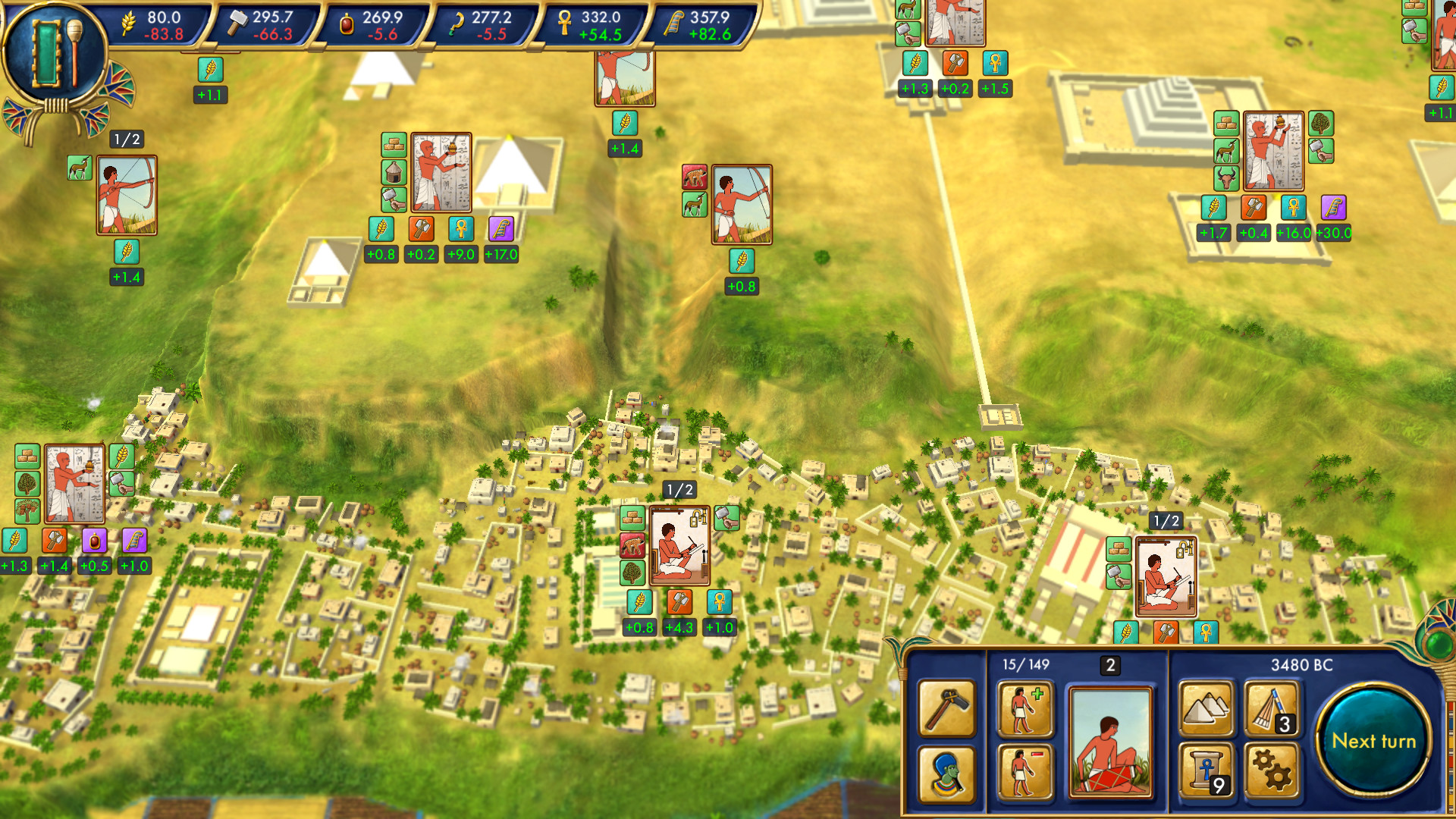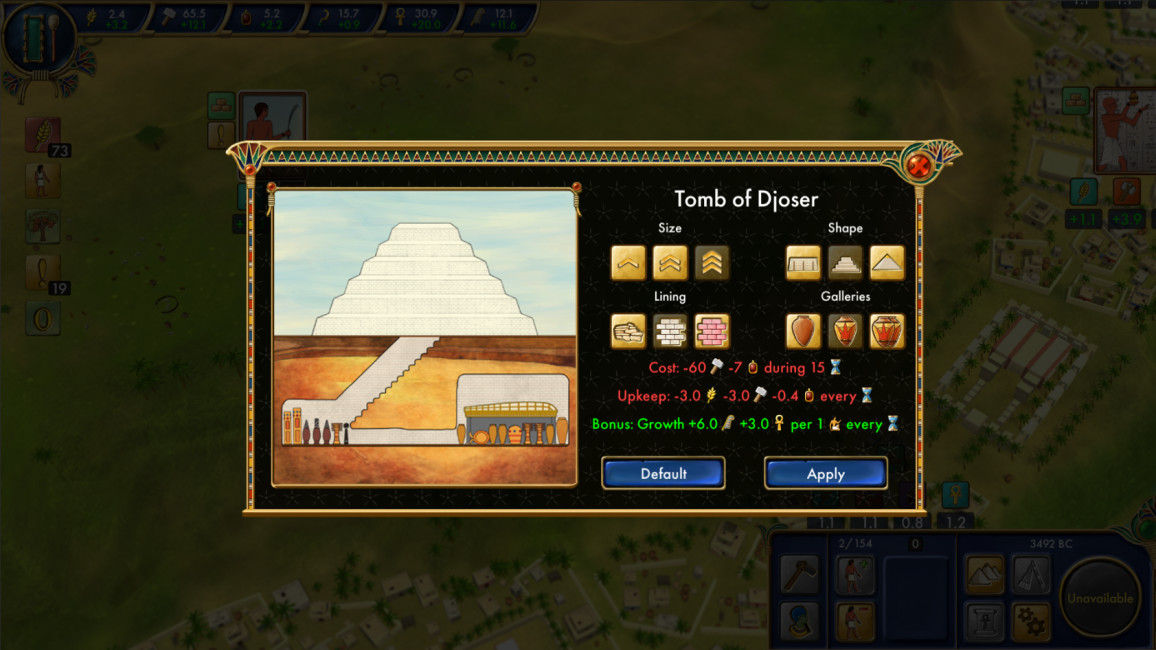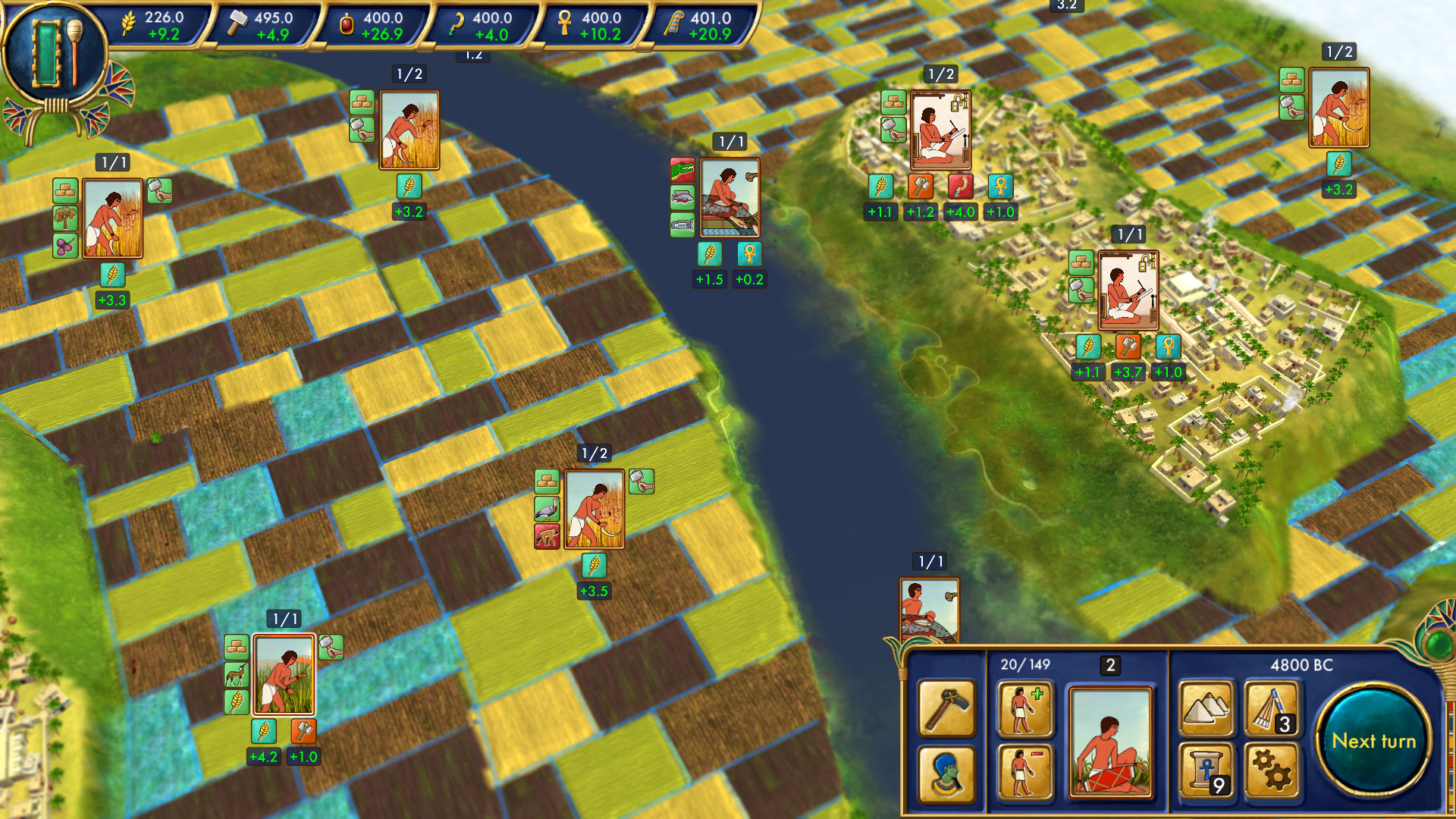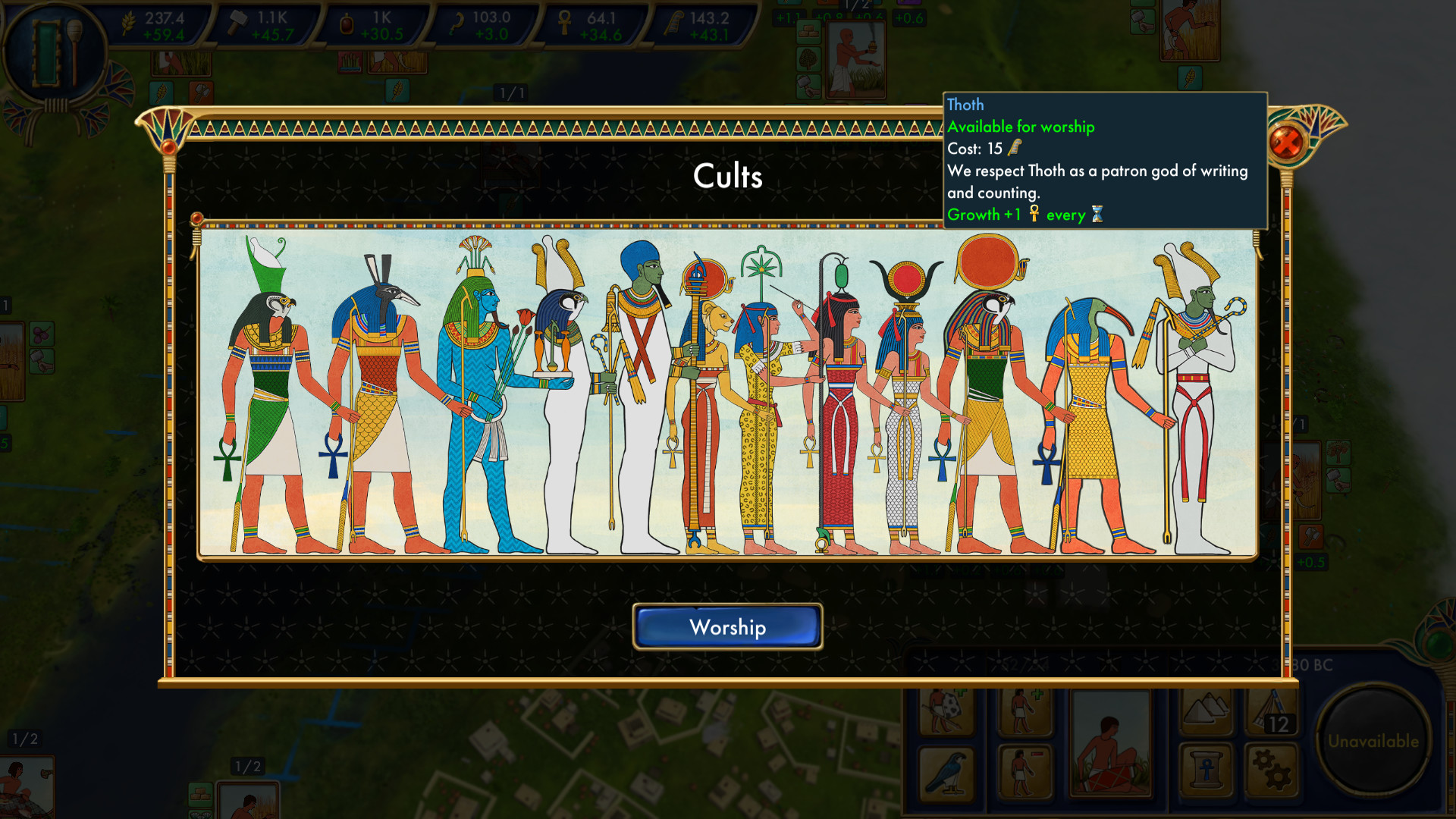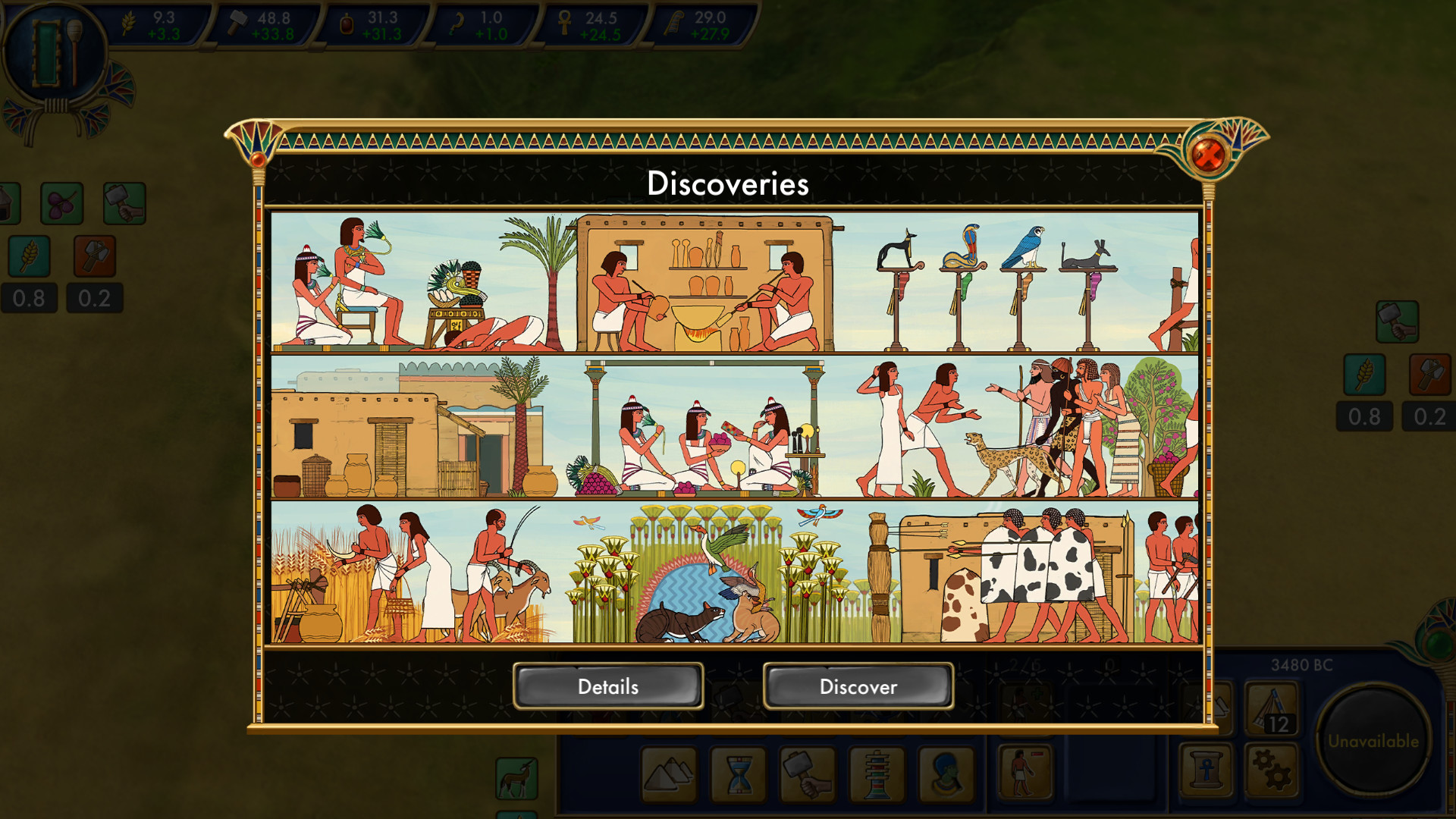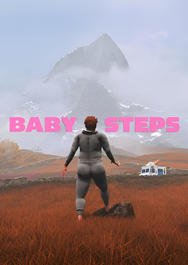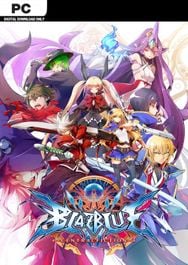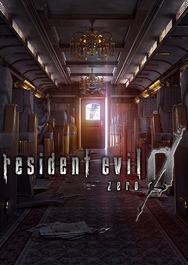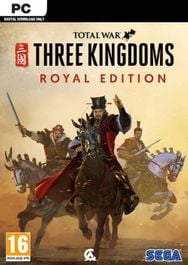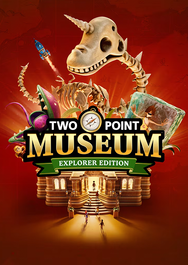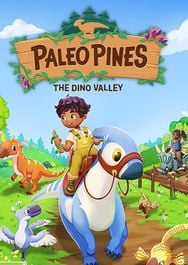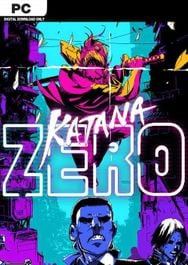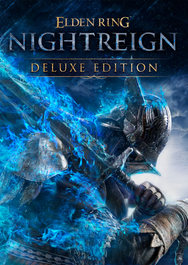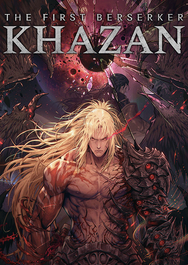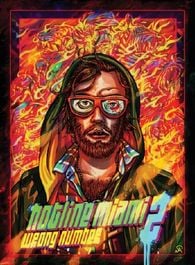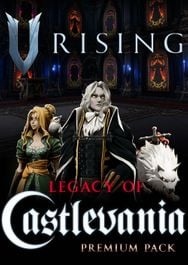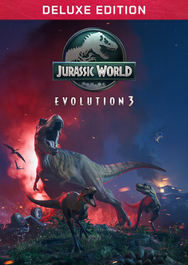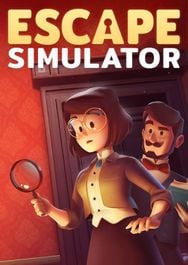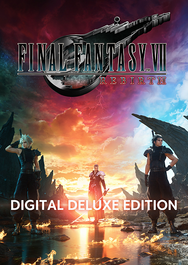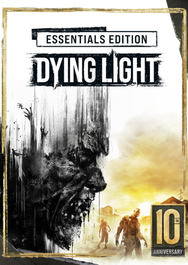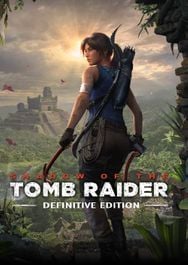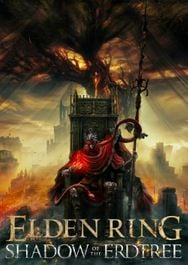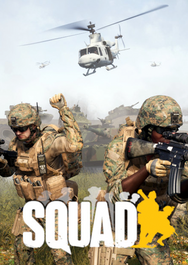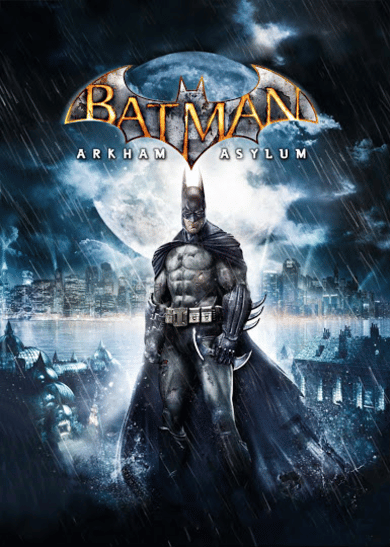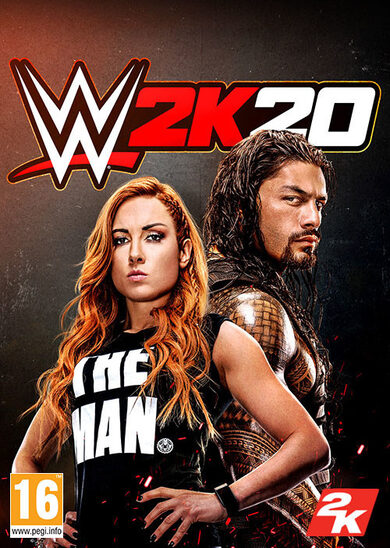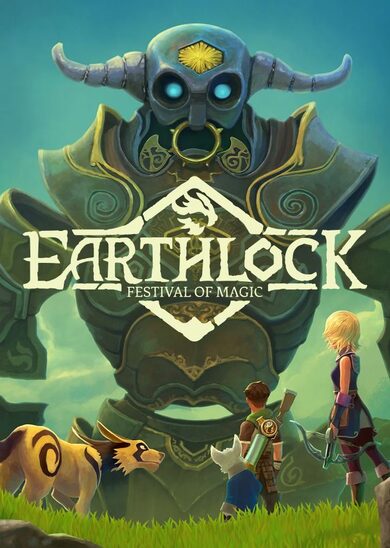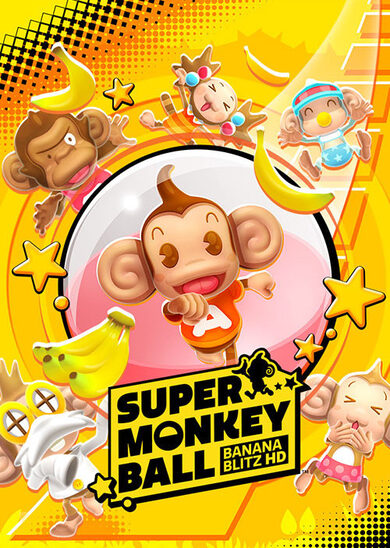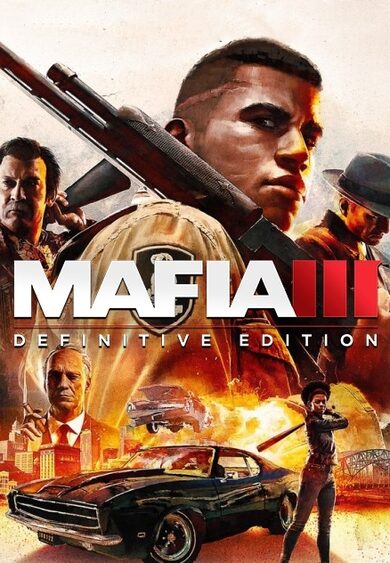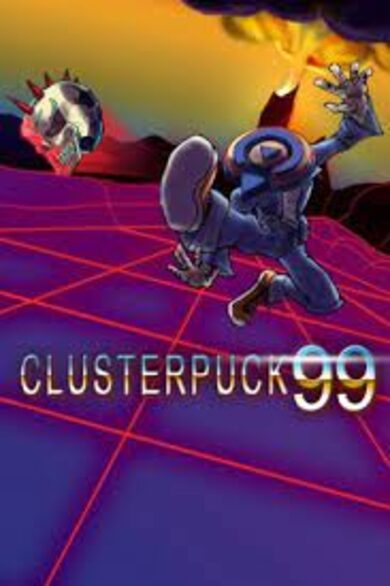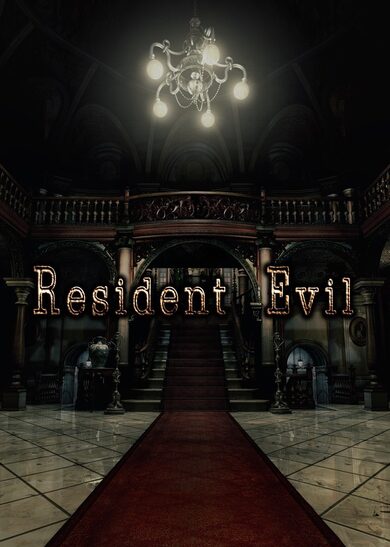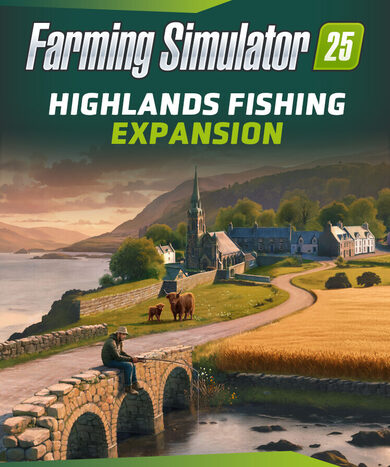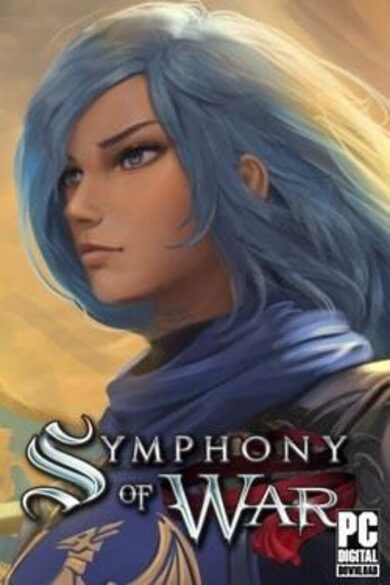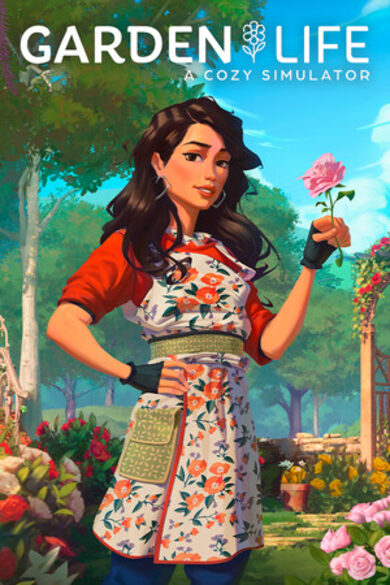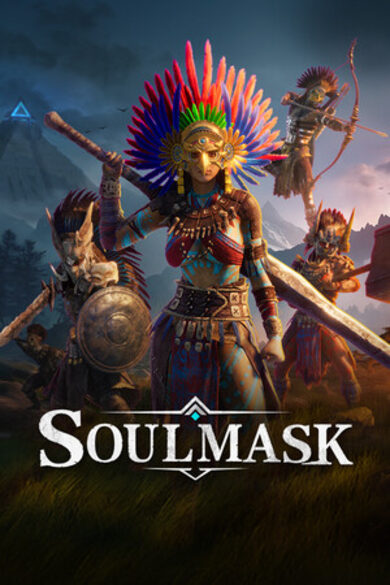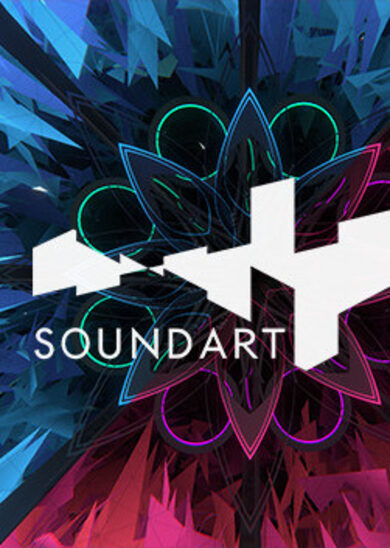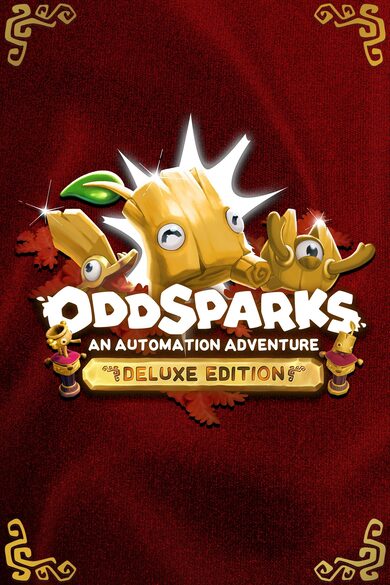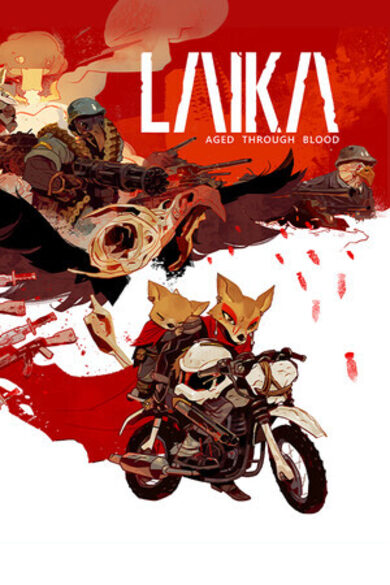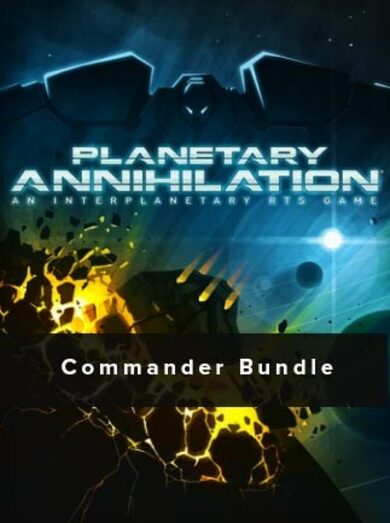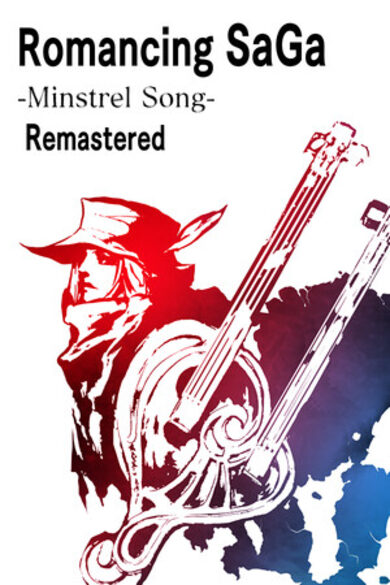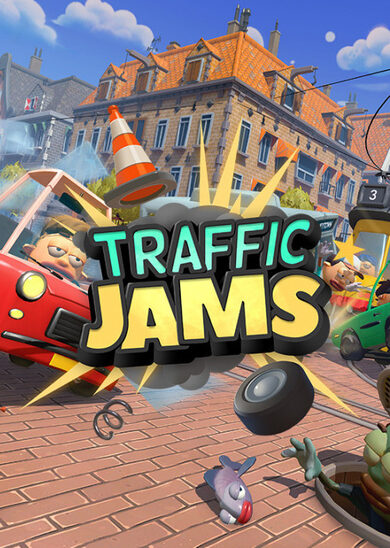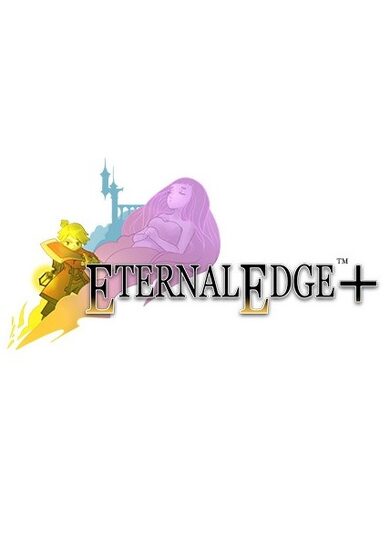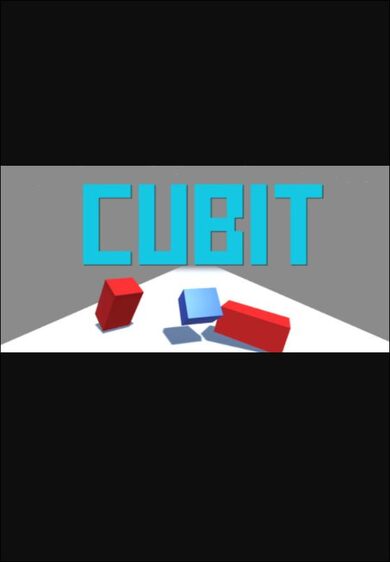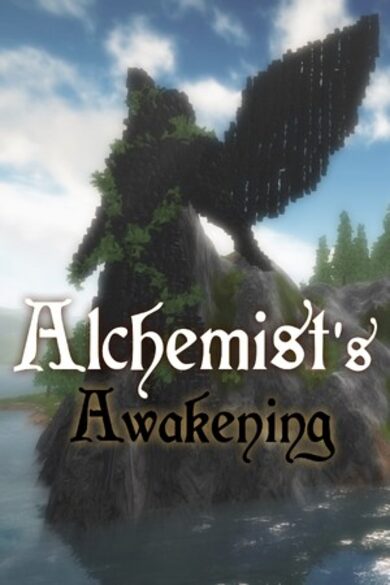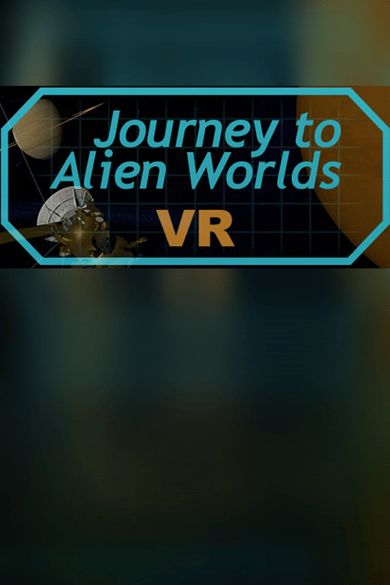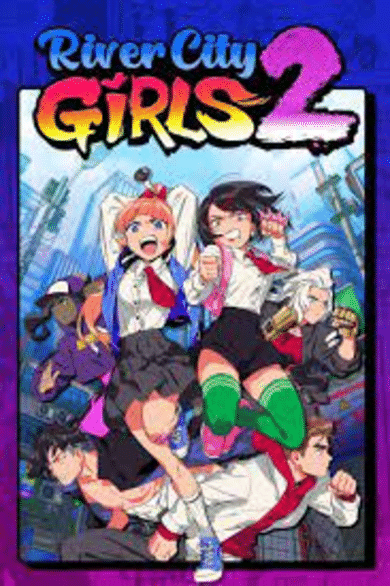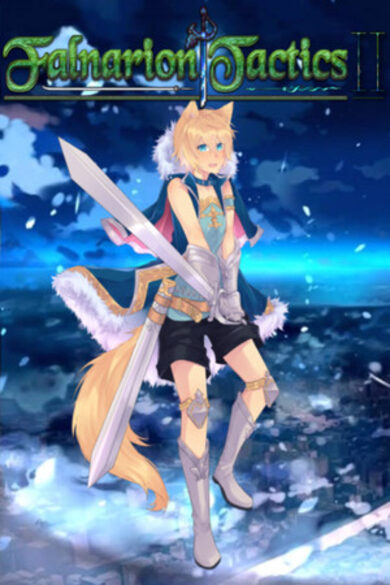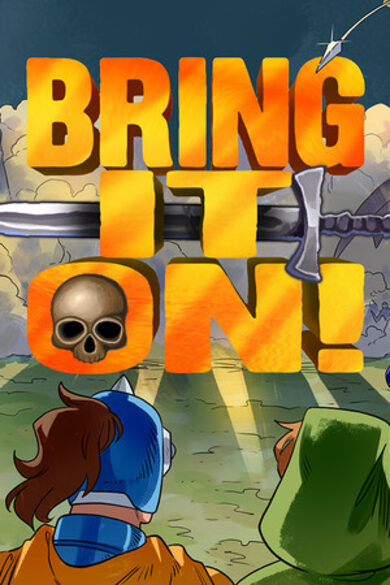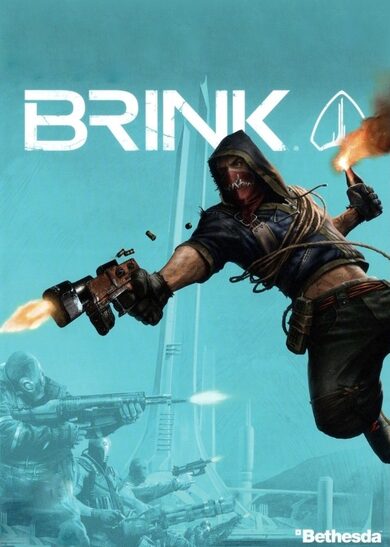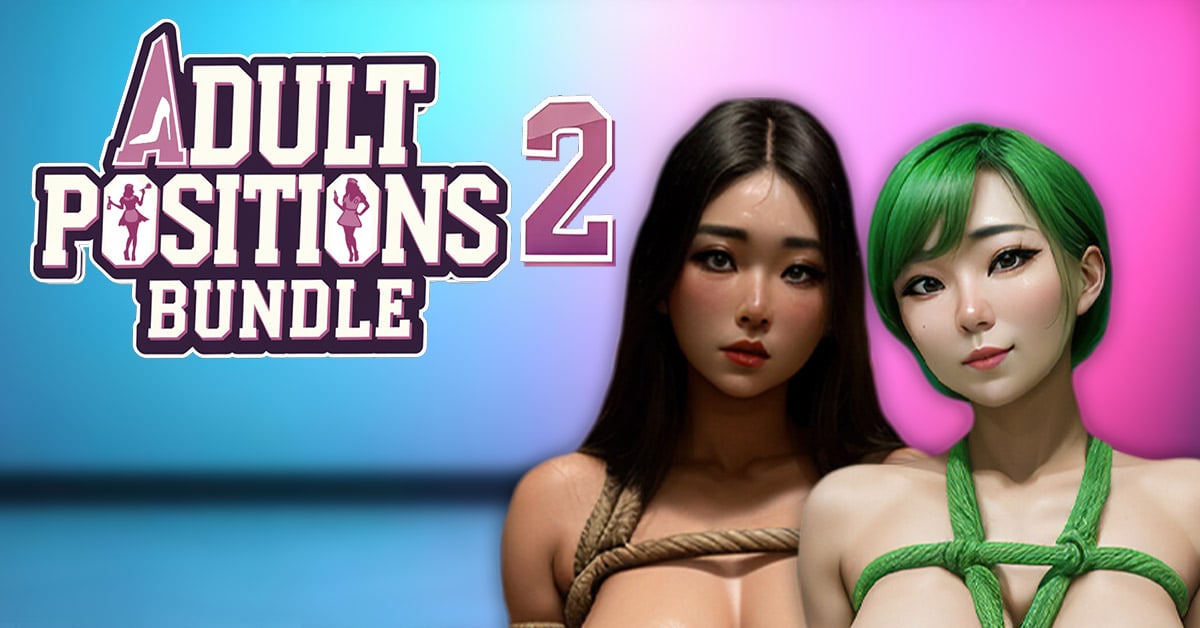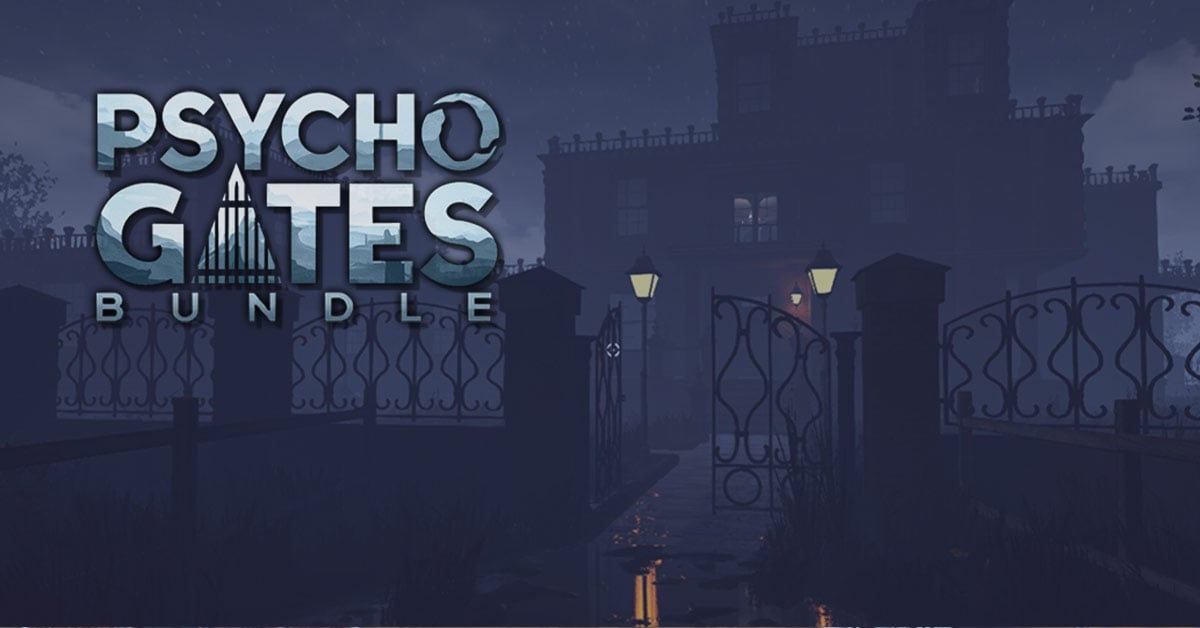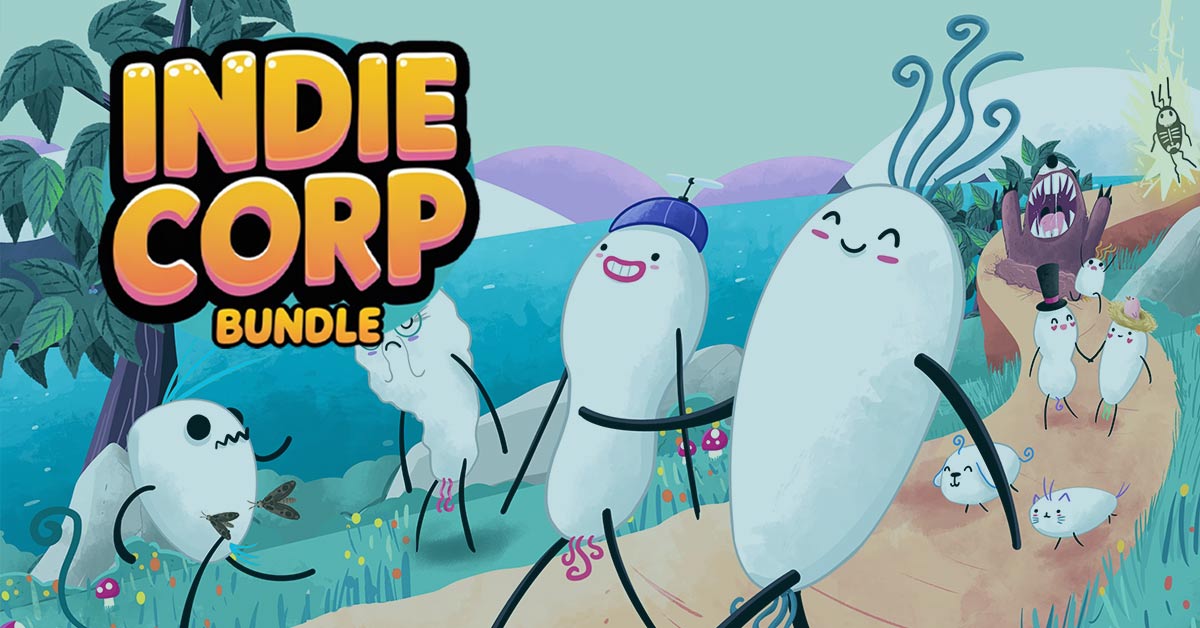Based on real history
You will find yourself in Memphis, 3500-2140 years B.C., the time of the first six dynasties of pharaohs. You will unify the country and create a prosperous kingdom, which later will have to face the havoc of the First Intermediate Period.Construction of the pyramids
You will lead the construction of pyramids, choose their design and materials. This process requires tremendous investments, but it is the only way to keep peace and order in the country.Ancient society simulator
You will not only deal with the problems of farmers and craftsmen but also make important political decisions, which will define the future of the kingdom. Numerous challenges and events of different scale await you.Ancient maps
Discover the world of the Old Kingdom: exploit new lands, send expeditions to different places, and meet different cultures. Use every opportunity to learn about your surroundings and to expand Egypt's borders.Difference from Predynastic Egypt
- More diversity in the game, varied tasks in the regions, different tactics for playthroughs and unique bonuses from patron gods.
- The game is longer now, after the main campaign there is a free-play survival mode.
- New technologies: 3D engine and skeletal animation.
After almost ten years of searching and experimenting, were happy to announce:\nNext Run has been released in its full version.\n\nThis game is the result of a long journey - an attempt to rethink our experience and find a new foundation for universal gameplay.\nWe wanted to show how different genres - strategy and RPG - can merge seamlessly within a single game while maintaining coherence and depth.\n\nWith Next Run, we also address one of the oldest challenges in our previous projects - low replayability.\nDespite its new fantasy setting, Next Run is a direct evolution of the mechanics from our earlier games, taken to a deeper level.\nIt marks an important milestone on Clarus Victorias path toward creating future games with more complex mechanics and living worlds.\n\nJoin in, play, and share your impressions.\nNow, more than ever, your support matters - it will determine how ambitious our next projects can be.\nIncluding the continuation of Egypt: Old Kingdom.\n\n[dynamiclink href=\"https://store.steampowered.com/app/1295870/Next_Run/\"][/dynamiclink]
More than eight years have passed since the release of Egypt: Old Kingdom. Many players have asked when there will be a continuation of the Egypt series.\n\nFrom a historical point of view, the periods of Ancient Egypt after the construction of the Great Pyramids were very different. The kingdom became more decentralized, the influence of the nobility increased, a middle class began to form, and governing the country became much more complex.\n\nWhen work on a sequel began in 2019, it became clear that the old mechanics of Old Kingdom no longer reflected the spirit of a new era. To capture the atmosphere of the Middle and New Kingdoms, a new gameplay foundation and design approach were needed.\n\nThe search that began almost ten years ago led to the creation of our new game Next Run. It is very different from a historical strategy, but it became an important step paving the way toward the continuation of Egypt: Old Kingdom.\n\nA new Blog section has appeared on our website: https://clarusvictoria.com/blog In the latest article, we explain how our historical strategies evolved into a fantasy RPG and how this experience will influence future history games.
Meet our new game the free demo is already available: https://store.steampowered.com/app/3963920/Next_Run_Demo\"" style="color:#bb86fc;text-decoration:none;">https://store.steampowered.com/app/3963920/Next_Run_Demo
[img src=\"https://cdn.cloudflare.steamstatic.com/steamcommunity/public/images/clans/45754184/c6b34920d8418dc180b2a92ce842053d8a55388f.jpg\"][/img]
The Clarus Victoria website has been updated: clarusvictoria.com
A new section Our History has been added.\nIt presents the studios goals, our path in game development, and a detailed story of what happened after the release of Egypt: Old Kingdom.
We share the story of the projects and experiments from those years, the challenges we faced, and how this experience ultimately led to the creation of our new project Next Run, a fantasy strategy RPG.
[img src=\"https://cdn.cloudflare.steamstatic.com/steamcommunity/public/images/clans/31278367/1b9d6e95caa44b1a56d3ba7dccc92876b776bebc.png\"][/img]
We are glad to share that the Clarus Victoria team is working on a new game Next Run.\nIts a fantasy strategy with RPG and roguelike elements. Every choice in the game matters: fight or bribe, craft or trade, build or cast spells.
This October the game will take part in Steam Next Fest, where a free demo will be available.
The Steam page is already open:
https://store.steampowered.com/app/1295870/\"" style="color:#bb86fc;text-decoration:none;">Next Run on Steam
Thank you to everyone who supports and follows our projects your support helps us create new games!
[img src=\"https://cdn.cloudflare.steamstatic.com/steamcommunity/public/images/clans/31278367/a10e55844c65bdd909c053cac11eab27c77ebc72.png\"][/img]
Dear players,
Recently we received a lot of complaints about the black screen bag in the Chinese version of Egypt: Old Kingdom.
We issued an update for the game on March 7th, 2021 to fix this problem. Please help us to check if the problem is gone.
If the problem still remains, please leave a comment below.
If you left a negative review regarding this problem, and the problem is now fixed, please consider removing a negative review or changing it to less negative :) It really means a lot for the game.
Thank you for your support!
P.S. This problem is only relevant for the Chinese version of the game, played on the Chinese language OS.
Steam hosts thousands of amazing games made by dedicated developers from every corner of the world. Every gamer can find a game or two (or more) suitable for their tastes, and we hope that Egypt: Old Kingdom also became a favorite game for many players. If you are one of them, please consider nominating Egypt: Old Kingdom for the Steam Award!
As per Steam's rules, older games such as this one can only be nominated for the "Labor of Love" award, and this game is 100% suitable for this nomination, seeing that it was created out of our love for games and history.
It will mean a lot to us if you will nominate Egypt: Old Kingdom for the Steam Award! Our chances aren't huge, but it's the thought that counts! :) Besides, with your support, everything is possible!
Egypt: Old Kingdom was released 2 years ago, but you still don't have it?
Today is your day because Egypt: Old Kingdom participates in this huge Steam City Builder sale! 75% discount - what else are you waiting for?
This game will show you what it's like to live in Ancient Egypt. It's all about pyramids and gods. Build and worship. Rinse and repeat. Tough, but you'll make it. We believe in you!
But if Egypt is too ancient for you, check out our new release Marble Age: Remastered . It's about Ancient Greece. :)
Situated in Ancient Greece, Marble Age: Remastered lets you explore its early history through one of three famous Greek city-states: Athens, Corinth, or Sparta. The game covers over 3000 years of history of Ancient Greece, starting from the earliest prehistoric settlements to the creation of the cross-continental Empire.
Each polis has unique gameplay, where Athens relies on its excellent diplomacy, Sparta on its powerful army, and Corinth on its endless money. Choose your polis and see if you can conquer the world!
Athens - Diplomacy
Diplomacy is Athens' main power. Send the envoys to every part of the world and form alliances even with the most stubborn enemies!
Sparta - Military
Spartan warriors fought to win. No polis in Hellas will be able to withhold their onslaught!
Corinth - Trade
There is nothing money can't buy, they say. If you agree, then Corinth is your choice. Will you be able to earn enough to buy the world?
Choose your city and let history unfold in front of your eyes!
We made a new game! Well, almost :)
Marble Age is a casual strategy about Ancient Greece, released back in 2014. It was good, but not great, so we decided to improve it!Marble Age: Remastered will be released on November 3rd, 2020, and it's a whole new game:
- We fully upgraded the art style.
- We improved design and balance.
- New content! To the original two cities - Athens and Sparta - we added Corinth!
Take a look at the demo and if you like it, don't forget to add to your wishlist!
Marble Age: Remastered is participating in Steam Game Festival. Up until October 13th, we will make special streams every evening to show off the game and everything new about it. Tune in!
Tune in for the test stream of Egypt: Old Kingdom this Sunday, 10 pm (MSK UTC+3)!
Full disclosure, we organize this stream to test the broadcast feature before the Steam Autumn Festival.
Steam Autumn Festival will start on October 7th.
Our new game Marble Age: Remastered is going to participate in this event. The game is not yet available on Steam, but during the Festival the demo-version will be available for everybody! Don't miss the opportunity to play the demo version before the release! ;)
Happy Halloween!
Great news for our Spanish fans, Egypt: Old Kingdom is now available in the Spanish language!
Huge thank you to our volunteers from Spain: Yasin 'AlMurSi' Delgado, Irene Gmez, Alberto Gmez Herrera (MirageIonova) and other contributors!
And as usual, we invite you to become our volunteer contributor on Crowdin ! Not only will you get early access to our new games, but also your name will appear in the titles, and by your request, we will provide you a certificate confirming your contribution!
Dear friends, do you remember Egor, our ex-programmer?
He left Clarus Victoria team a while ago to develop his own project.
A couple of days ago he finally presented it to us and it looks really cool! The project is already live for beta testing and it needs your participation!
Name of the project - notigame.me and it is a Discord bot. This bot makes life easier for everybody who wants to follow the news about their favorite games but got tired from losing information in an endless social network feeds.
With the service, you can find news from official sources about all the games you select. All you need is to build your collection of games you want to follow and the bot will send news right to your Discord.
What service can:
aggregate news from Steam.
send it to user's Discord.
Plans:
aggregation news from official websites and developers social network accounts.
the personalized news feed on the website.
mobile application.
feedback tools for developers.
What service can't:
send ads.
The website is in the early development stage and your feedback and request will take into account during future feature development! We think that the project looks great and invite everybody to join https://notigame.me, follow favorite games and give feedback to Egor. With this service, you will never miss anything! :)
Many improvements in the PC version of the game became possible thanks to our work on optimizing the game for the mobile devices.
That's right, Egypt: Old Kingdom is now available on App Store and Google Play as well!
But back to the PC version, here is whats new:
- Fixed a critical issue, which upset the power balance of the rebel forces in the 5th trial.
- Balance adjustments. If the player is defeated by or skipped the battle with the Sea People, the amount of exterminated workers will increase by 1.
- Significantly optimized the opening of the menu of Technologies and the menu of Cults.
- Minor optimization of the game loading was made.
- As well as other minor optimizations.
- Fixed the bug which allowed to score more than 100% of chaos force in the event "The coming chaos".
- Fixed the bug where the wrong resources were blocked after the healing in the "Epidemic" trial.
- Fixed the rank of the maximum score (35/35).
- Fixed the bug when relationships didn't improve if the luxury level was too low;
- Fixed the bug when the task to build pyramids for the 4th dynasty disappeared after loading of a saved game.
- Fixed the soundtrack reproduction problem when players return to the main menu.
- Fixed the problem with tribes' attack during the 1st trial.
- Fixed a wrong answer in the exam (What was the oldest existing papyrus about?).
- Fixed a mistake in Chinese localization (Djedkare's reforms).
We hope this will make your experience of playing Egypt: Old Kingdom better! Enjoy!
Balance changes
- Seker's cult bonus changed from 10% to 5%.
- Every cult can only be worshipped once per turn.
- Achievement "Broken bundle of sticks" is turned off.
- To get the "Capitalist" achievement you only need 50 points of luxury instead of 100.
- The achievement "Apostate" does not count in tasks from the "Capital relocation" trial and "King Khasekhemwy's constructions".
- During the last trial, the price of each worship of Ptah will increase by 35%.
- Endless techs:
-prices are decreased to 8000 points.
-endless techs become 30% more expensive with each discovery.
-other techs become 10% more expensive with each discovery.
Bugs fixing
- The incorrect number of separatists during the 5th trial.
- Camera sometimes used to drift away from the battlefield.
- Swamps on the map of Egypt sometimes were cleared even though no workers were there.
- The final score window sometime could come up several times after multiple attempts to pass the test.
- For MacOS, fixed the logic of buttons leading to the DLC content.
- Learned technologies sometimes didn't count as learned when it was the technology from the 3rd column.
- Fixed the tribes' generation on the map of Egypt.

Bug fix
- The mistake where the resources could grow infinitely on the easy and the middle level is fixed.
- Fixed the bug which happened with the combination of the "Big construction" mode and "Economic success" event.
- Fixed the tooltip's location above the last saves slots.
Have you guys tried our new DLC? If not, hurry up and try, and let us know what you think! Here is the full list of changes we made for this big update:
New possibilities
We added:- A new menu of Alternative History settings (opens at the beginning of every new game).
- Unlimited events for the Alternative History mode.
- An endless game mode (you can continue to play the game after the main part of it is over).
- A new endless event Sea Peoples Invasion.
- New special actions for the endless mode (located near the panel of actions of your patron god).
- Unlimited technologies (you can learn is multiple times, increasing the final bonus).
- New random dynasties.
- Brief historical facts in the loading window of every new game.
- New button "Gallery" in the main menu (submenu "New Game").
- New button "Additional" in the main menu where you can check and acquire Artbook or Soundtrack DLC.
- A new origin of sources: Tombs Maintenance.
- The new order of save slots and new scroll position in the Save/Load menu.
- New music for the Main Menu.
- An explanation for saving slot tooltip's icons.
Balance improvements
- For many events, awards and fines are now calculated as a % of the current cost of workers/cult worshipping.
- Seker's cult now has a bonus for tombs maintenance.
- The updated balance of Ancestral Duty for the endless mode.
- Some dialogs will appear in a different order.
- Improved interaction with the workers' cards via the panel of special actions.
- Some pyramids models updated.
- The bonus of cemetery updated.
- The transition of the camera to the scene sped up.
Bug fixes
- Wadi is no longer available for raids.
- The warning about saving files incompatibility is updated.
- Fixed the animation of the workers at the seaside areas.
- Fixed the calculation of the raid effect for strategic sources.
- Various text mistakes fix.
Egypt: Old Kingdom - Master of History might be the most unusual DLC you have ever discovered. We heed the community’s critique and reinvented the game anew, presenting the opportunity to forego every possible constraint. Play away and develop your state and technologies endlessly. Turn off the trials and events. Add more enemies - Sea peoples, mummies, and even aliens! Create the history, as you wish, according to your own tastes. It’s your history and you are the Master!
Endless Game
No more restraints! With the endless mode you can continue the game after the 300 turns and to test your talents battling new enemies. Will you be able to get to turn 400?Customizable micromanagement
Do you like to build and develop a city? Or would you rather focus on the global events? It’s all in your hands - adjust the amount of micromanagement and play the game as you like it!Crazy Egypt
No, it’s not a Halloween yet - we simply added a few absolutely crazy modes. Will you be able to defeat zombie-mummies or free Egypt from the alien yoke? You’ll never know until you try!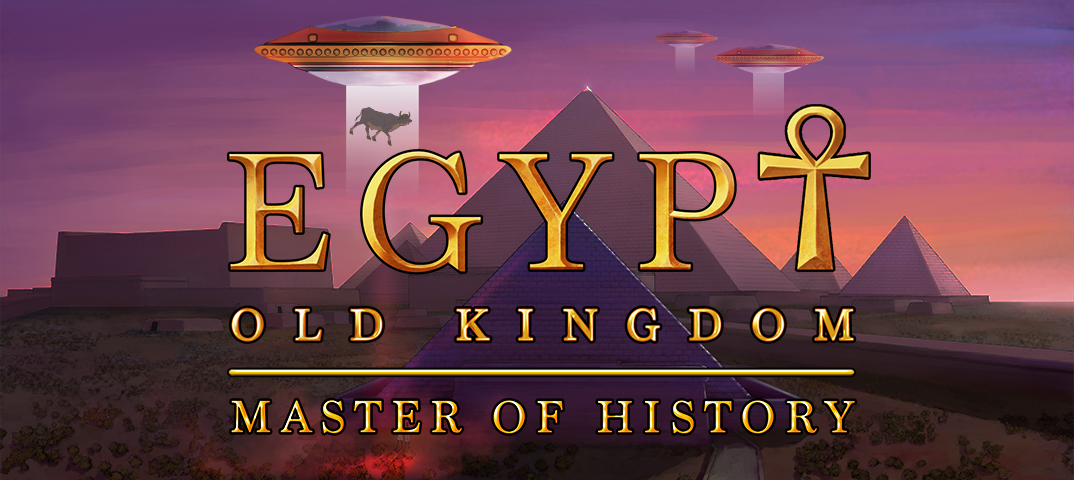

Guess what? Our dream came true!
Thanks to our amazing volunteers Egypt: Old Kingdom is now available in Brazilian Portuguese and Malay languages!
We're happy more people from Brazil, Malaysia, Brunei, Indonesia, Singapour and other countries can now join our community and discover the world of Ancient Egypt!
If you wish to make your input and translate Egypt: Old Kingdom in your language, welcome to join our Crowdin project: Click here to go to Crowdin
The week has begun, and for us, it is a busy start because we've prepared an update!
Bug fixes
- Updated localization of the Steam achievements.
- Fixed the bug where workers kept healing epidemic even after the end of the "Epidemic" event.
- Fixed the terms of achievement "Resources of Memphis".
- Fixed the terms of achievement "Saviour of the people".
- Fixed a few bugs when we load the saved game:
- "New cereal crop" icon inactive;
- When the fire was not visible, but it killed workers and it was impossible to distinguish it; - Fixed the flickering of the exam dialog window after pressing the "Reply" button.
- Fixed the automatic receiving of tribute from the subjugated tribe on the map of Egypt.
- Fixed the terms of achievement "Writing Bull".
- Fixed the terms of achievement "Beast tamer".
- Fixed antelope's ability to migrate to a river.
- Fixed the description of the turn which is necessary to get the Bronze or Gold victory for the "Civil War" trial.
- Fixed the mistake regarding the save/load of the game and the prolongation of Worshipping Cult effect.
- Fixed the disappearance of the bonus "decrease construction time" after the "Architects" event.
- Fixed the bug when the enemy's army could fully restore to the maximum after loading the game.
Balance fixes and other improvements
- The Great Buildings: the maintenance of the buildings is decreased by 20% for all resources.
- Prologue bonus was increased: on the easiest level from 13% to 20%, on the middle level from 6.5% to 10%.
- The cost of "Consolidate the Horus" cult is changed: before the map of Egypt is open the price is 15 points of luxury, after the map of Egypt is open - 30 points of luxury.
- If during the "Separatism growth" the resistance will be suppressed, the player will get the Bronze victory for it and will not skip the trial.
- The size of enemies' armies are decreased by two.
- "Supply problems" penalty is increased, now it's 10%.
- The size of Upper Egypt's army during the "Unification of Egypt" and the "Civil War" is twice bigger than before.
Dear friends, the long-awaited day has come - Steam achievements are now available for Egypt: Old Kingdom!
Besides, we added new tasks and features on the city map and the map of Egypt, we made some balance improvements and fixed some bugs.
New features:
- Steam achievements are now available;
- the cult of Osiris now reinforces other cults, and pyramids reinforce the cult of Osiris;
- the map of Egypt: more tasks are added (sands, cursed place, fish, pearls, Nile Cataracts, etc.);
- the map of Egypt: a remake of simple tasks, resources and improvements generation;
- the map of Egypt: Regional development is turned off;
- the map of Egypt: it is now possible to send expedition even to those are which is not under the player's control (but the relationship with a local tribe must be friendly);
- the map of Egypt: added new action applicable to tribes - Colonize;
- the map of Memphis: new tasks added (sands, Flat area, the spirit of Thoth);
- the map of Egypt: the generation and the mechanic of strategical resources is remade (it's not necessary to search for strategical resources);
- the map of Egypt: the construction of fortresses is turned off;
- the Sand Storm event can now place "Sand" debuff on an area;
- "Gifts of Hapi" can now happen on the map of Egypt;
- Dwellings of Senefru now give +30% to the resources od the area;
- the tutorial was updated with the step teaching to place workers' cards on the map.
Balance fixes and other improvements:
- original force of the cult of Ra is decreased by 50% (before it was 80%);
- the effect of purging the evil from the cursed place now doesn't disappear when the worker dies;
- changed the bonuses of some techs;
- changed the bonuses and consumption for some of the tombs;
- doubled the number of separatists who participate in the battles of the Civil War;
- Increased the bonus of raids on the map of Egypt by 5 times.
Bugs fix:
- fixed the fail of the 5th trial in case of the victory in the final battle;
- fixed the bug when workers returned to the player after Nubia's Rejection event;
- now it is possible to attack another tribe on the same turn after defeating Narmer;
- fixed the looting of the area by Narmer's army;
- fixed the bug when the player was attacked by another tribe after asking them for peace;
- fixed the constant growth of price for the construction of the main city temple;
- fixed the display of maat in the area with domesticated animals;
- fixed the boost of tombs construction by the architect 1 turn before the end of construction;
- fixed the overlap of the running away window during several battles in one turn;
- fixed the overlap of several attacks on Memphis during the Civil War;
- fixed the sudden appearance of pyramids on the map of Egypt;
- fixed the growth of resources coming from taxes during the construction when there are not enough resources;
Attention, please! Old saves will not be compatible with the new version! We added the tutorial of how to restore the previous version in order to continue to play with the old save.
That's it for now! Thank you for playing Egypt: Old Kingdom and helping us to improve it! We're always open to your comments, suggestions, and messages. Don't hesitate to report problems or praise us if you like the game ;) Or just press like to our posts, it's also a great motivation!

Bug fixes
- Fixed the fail of the 5th trial in case of the victory in the final battle;
- Fixed the mistake when Seth's sandstorm had no impact on Narmer's army;
- Fixed the bug when the reforms rejection chance could be increased over 100% during the 7th trial;
- Fixed the mixed up good effects during the simultaneous construction of a pyramid and King Khasekhemwy's constructions;
- Fixed the sound of construction completed during the loading of the game;
- Fixed the 8th trial, when another tribe attacked the player before the rebellion, which led to the cancellation of the attack;
- Fixed the rounding of reparation fees after the area was raided;
- The icon alerting about Hapi's blessing replaced with the icon used in the area;
- Fixed the possibility of raids near the river;
- The pop-up window alerting the player about the attack now can be closed by clicking on the top right corner button;
- Fixed the 1st trial bug, when two tribes could attack the player at the same time;
- Fixed the bug when AI raids already raided area;
- Fixed the bug when the player was attacked by the tribe he himself was trying to conquer during the same turn;
- Fixed the repetitive bonus for opening the map of Egypt completely;
- Fixed the bug, when the fire has already disappeared but the worker kept extinguishing it.
- Fixed the bug when the camera couldn't find the worker killed by fire;
- Fixed the display of food -0 during the locust invasion;
- Fixed the display of the number of troops in the tooltip of the 2nd trial;
- Fixed the bug when the unfinished pyramids of the previous dynasty kept constructing after the dynasty has changed;
- Fixed the display of selected worker's card frame;
- Fixed the bug when the worker was killed by lions before the Lions moved to the area with this worker;
- Fixed the bug when the menu of the area's tasks was accidentally closed when the cursor accidentally hit the icons of the next area;
- Fixed the display of separatists army in the Upper Egypt area during the 5th trial;
- Fixed the cancellation of the player's attack during the final of the 1st trial;
- Fixed the tutorial texts display bugs after said texts were canceled in the dialog;
- Fixed the spreading of the epidemy to the sea area;
- Fixed the size of tooltips in various areas
- Fixed the display of terrain when you zoom out the map.
Balance fixes and other improvements
- Trial No.8:
- If you choose to play with Ptah as your patron god, pyramids will be 5% more effective;
- When you cancel the upkeeping of your buildings, the power of Chaos increasing by 3%;
- Ceasing the maintenance of buildings will decrease the price of maintenance by 1%;
- Trial No.7:
- The progress of reforms begins with 0% regardless of the difficulty;
- The price of titles creation changed from 40 points of food to 30 points of luxury;
- The price of legal system rationalization decreased from 5% to 4%, the chance of reforms rejection increased from 5% to 10%;
- When the chance of reforms rejection reach 100%, the buttons of title creation and reforms are blocked;
- When you flee from the battlefield for the 2nd time, "attack" and "defense" buttons become inactive;
- During the battle attack increases damage to 90% (before it was 80%);
- With Seth as the patron god the force of sandstorm sent by him decreased from 20% to 15%;
- During the "Separatism increasing" trial the army of separatists increases by 350 +10-12% out of those 350;
- "Hurry up the construction" button is not available when the construction takes 1 turn to finish;
- 6th dynasty: the reward for finishing the pyramid is increased from 10 to 20 maat per pyramid;
- Construction of the pyramid of Ibi gives a bonus of decreasing the force of chaos by 10% in the 8th trial;
- When playing for Seth the sandstorm effect will impact every community, not just the enemies;
- The terms of getting the reward for the 5th trial are updated. The silver victory is now given in 10 turns after the main trial, the golden victory - after 6 turns.
- If you conquer the tribe which is battling with another tribe, this another tribe will lose the war;
- When you scroll the list of authors, you can now stop and resume the scrolling.

Discover all secrets of Ancient Egypt during this Summer Sale with our games:
✔Newest Clarus Victoria game, Egypt: Old Kingdom - 35% discount!
✔Egypt: Old Kingdom Deluxe version - 50% discount!
✔Artbook and soundtrack DLCs, 40% discount for each one!
And of course, don't forget about our bundle:
✔Clarus Victoria Bundle - 49%
Get them all, live like a king!

The weekend is right around the corner, and we must remind you of two important things:
- It's finally the Summer Sale time on Steam!
- Almost every game made by us is participating in the Summer Sale with a good discount.
Predynastic Egypt - 50%
Loved by many, this game is about the prehistoric period of Ancient Egypt. Lead your tribe of proto-Egyptians from the 5000 BC to the prosperity and unification of Upper and Lower Egypt.
Marble Age - 50%
Moving on to Ancient Greece! You can choose and develop one of two city-states: Athens or Sparta. Explore the map, communicate with the nearby city-states in order to conquer the whole known world!
Bronze Age - 51%
A small interesting game about the formation of human civilization from Australopithecus to Homo Sapiens. Intuitive controls, simple but addictive gameplay, tons of historical facts and technological discoveries.
And if you would like to purchase all of our games, we have a special offer:
Clarus Victoria Bundle, which contains all of the games listed above! Available on Steam with 36% discount!

Bugs fixed
- Fixed the game crash during the Great Age of Pyramids;
- The effect of decreasing the limit of the population after the fire now will be applied only once when the building is completely destroyed;
- Fixed the rare bug of overlapped tooltips;
- The early end of the Civil War does not count as a failure anymore.
Balance improvements
- The effect of pyramids buildings is added on the Egypt map;
- The trade bonuses on the map of Egypt is decreased by 30%;
- The Chinese localization is updated;
- The Italian and Turkish artbooks are added.
Please note: To avoid possible compatibility problems it's recommended to start a new game.

Bug fixes
- Fixed the bug when the game crashed at the beginning;
- Fixed the mistakes in the order of pyramids construction;
- Fixed the bug when the relationships with a tribe didn't improve despite having enough resources for it.
- Fixed the calculation of trading bonuses and its display in tooltips.
- Fixed the end of the 3rd trial, the conquering of Upper Egypt's capital manually;
- Fixed the end of the 5th trial, in the case of an early victory;
- When you're searching for your enemy, you'll automatically see the explored area of enemy's tribe;
- We improved the area of selecting a god in the Cults menu;
- Fixed the Enemy alliance with the tribe which is friendly to the player.
- Epidemic task completion now properly ends the effect of "Cure disease";
- Fixed the possibility to assimilate the tribe when the relationship between them hasn't reach 100%;
- Fixed the background of warriors during the attack on the city area;
- Fixed the completion of the task "Corruption";
- Fixed the calculation of bonuses for Domestication of Hyenas;
- Fixed the rare cases of flickering tooltips;
- Fixed the immediate creation of a pyramid from hurrying the construction and from the architect bonus to speed up construction;
- Fixed texts mistakes.
Balance fixes and improvements
- 5th trial: fixed the mechanic of separatism; added the option to end the trial early; a remake of trial's balance;
- 8th trial: it is now simplified; if the god of the city is Ptah, pyramids get +10% bonus of efficiency;
- 3rd trial: the effect from "Fortify" and "Bribe" is lowered from 5% to 3%;
- Improved the compatibility of saves between the different versions;
- Improved the scaling of tooltips on the map;
- The abandoned settlement now gives a random bonus of resources; it also can appear on the map of Egypt;
- Tooltips in the Battle window now will appear under the actions buttons;
- Game settings: new options "the speed of movements" and the dragging of the camera;
- The map of Egypt: the chance of war declaration now increasing for each explored tribe;
- The action of Seth to "Call a sandstorm" now costs 30 of luxury (before it was 20) and destroys 20% of enemy's troops (before it was 30%);
- Improved the visual side of the map uploading process;
- Splash screen of CESRAS added;
- Small improvements of balance during the battle with other tribes.
Thank you to all the players and volunteers who helped us with localizations and bug reports.
Special thanks to Aleksandr Rusakov for his help with fixing the bug when it was impossible to continue the game after 180 turn.Here comes the long-awaited day - we finally added Egypt: Old Kingdom trading cards! While the rest of the team fixed bugs and updated the game, our artist Max Yakovenko created 12 trading cards, new Steam backgrounds, and badges. As you probably know, only popular games on Steam are allowed to add trading cards, so it would not be an exaggeration to say that it's all your deed. Catch 'Em All! ;)
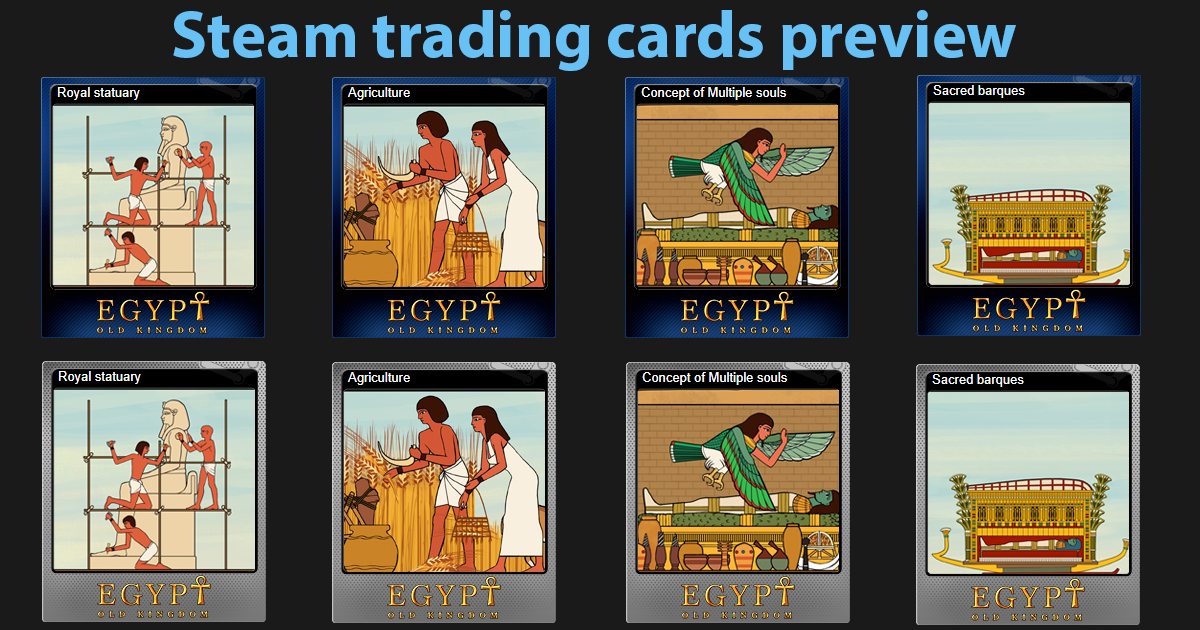

Shortcomings and bug fixes
- Flickering icons and tooltips;
- We can't fix the black screen problem, because it's Unity engine's problem, but there are a few ways to fix this bug;
- Now the Unification of Egypt can be launched without the discovery of Chiefdoms;
- Fixed the unintended press of some buttons off Spacebar;
- Fixed the maximum score count in the final window of the game;
- Numerous text mistakes fixed;
- Discoveries menu sound fixed;
- Fixed the bug of workers animation, when one animation overlayed another;
- Ancestral duty is now counted by the average value of 10 turns, not by the value of the last turn;
- On the map of Egypt we turned off Subjugation and Patronizing;
- Riots now can only happen in the area with workers;
- On the map of Egypt we fixed the tooltip for the "Capital" task;
- Fixed the scaling problem in the Stats texts;
- Buttons in the trials dialogs are now inactive if the player doesn't have enough sources;
- Fixed the camera rotation bug;
- Fixed the event of the Lower Egypt exploration.
Changes in the balance and gameplay
- More freedom of choice in the tutorial with the animals and societies;
- The final trial became easier;
- Change of the combat balance for different gods (Ptah: 5 turns, Horus: 2 simultaneous combats 4 turns each);
- The longevity of cults worshipping is increased by 1 turn;
- The cult of Ra is more effective;
- Expeditions now bring 25% fewer resources;
- Sacrifices during the royal crisis are now more expensive;
- Raids of the devastated areas now bring fewer resources.
Thank you to all the players and volunteers who helped us with localizations and bug reports.
Special thanks to Constantine Savenkov for his help in fixing the Subjugation of Egypt trial and special thanks from our programmers for the detailed bug report.

- We fixed the exploit which allowed breaking the tutorial on turn 3 and 4;
Added the option to turn off the tutorial in the tutorial dialog window about society; - Fixed a bug in the Flood event;
- Fixed the window of decentralization unblocking;
- Fixed the bug when the uploading of the save file made on the 1st turn of the game was broken;
- Fixed a few bugs in the Conquests of Nubia and Egypt;
- Fixed a group of bugs in various events, connected with non-existent tribes.
Attention, please! In the new version, you might see the warning window saying that your old save file is incompatible with the new version. Please ignore this warning, everything should work fine.
We also can see some other bugs, we’ll fix them asap. Also, expect the improvements of balance in various quests and actions!

The state of the developers 24 hours before the release can be compared to passing exams to the university: you feverishly trying to make sure you prepared as good as you can in order not to fail the exams, you worry about the grade you're going to get, etc. Players for us are like the strictest judges and teachers, and we're passing our exam tomorrow!
But we have a few things up our sleeve to impress the judges! This time we decided not only release the game but also added two DLCs.
Deluxe version of the game will include two DLCs: the first one is artbook in which you will find all of our concept art and game art, and the collection of soundtracks from Predynastic Egypt and Egypt: Old Kingdom. You can check the preview of the soundtrack on the DLC's Steam page!
The price of the game will be $15 USD, each DLC costs $5 USD and the Deluxe package with the game+2 DLCs will cost $20 USD.
After this long time of waiting and delays we’re finally ready (and very happy too!) announce the final release date! Egypt: Old Kingdom will be released on Steam on May 24th, 2018! Hooray!
10 days is quite fast, but we have a way to make them pass even faster ;) Ladies and gents, we present you our new video, which should have become an introduction video at the beginning of the game. Due to some technical problems, we couldn’t insert it in the game, but we think it’s a must-see video! It presents the cosmogony of our world the way Ancient Egyptians from Heliopolis have seen that. You’ll understand a bit more about Ancient Egyptians, and it’ll help you during the game.
Watch the cosmogony video on our YouTube channel!
And the last but not least! Every single one of you now has the chance to test and try the free demo version of Egypt: Old Kingdom, which includes the first 53 turns of the game!
Links:
For Windows: http://clarusvictoria.com/files/OldKingdom_0.4.1_demo_w32.zip
For MacOS: http://clarusvictoria.com/files/OldKingdom_0.4.1_demo_mac.zip
Enjoy your week and don’t forget to share your impression about the game!
Cheers!

Dear friends! Lina is here. I wish you all happy holidays if you celebrate May 1st like we do here in Russia. If you don't, then I just wish you to have a fun spring :)
And using this chance I'm going to make a quick update about everything we do now.
As you probably already realized, the date of release is delayed again... We apologize for making you wait even longer. Don't repeat our mistakes and don't announce the date of release until you will have the full beta version of your game. Honestly, we didn't expect it will take so long to fix bugs and make all necessary improvements, but every day is precious and even during the holiday we work to improve the game.
The full version of Egypt: Old Kingdom is almost ready, but I'd rather refrain from telling you the final date until our beta version will go from being "almost ready" to being "completely ready". We're going to announce the final date of release during the next week.
Besides, we're going to upload the free demo version of Egypt: Old Kingdom on Steam very soon!
***
We're preparing for DevGAMM conference in Moscow. Besides the game itself, we were busy making business cards, souvenirs and some other surprises for other participants and guests. We're going to showcase our game on the first day, so if you'll swing by the conference - welcome to come to our table and chat! :) Besides the conference, I and Mikhail are planning to visit the Center for Egyptian Study and meet with our scientists' friends. I'm very excited about it and I promise to take pictures and record some videos for you!
***
Another exciting news - we're going to participate in the Game Access'18 , an international conference which will take place in Brno, the Czech Republic, in June! We're lucky to have one of our programmers, Egor Piskunov, to live nearby Brno, so he'll be able to go there and to present the game at the conference. By the way, we've got a free invitation from the conference manager, and we are of course very pleased by this fact. :)
That's it for now! Huge thanks to all of you who keeps waiting, asking and believing in us!
A trailer is such an important thing for any game! It should demonstrate the best features of the game, but not reveal too much. It also should attract and intrigue more players. No wonder it takes some time to figure out how to create the best trailer for your game. We're also experimenting. We came up with the idea that two trailers would show off the game better than one. Our first, "historical" trailer is finally out! Check it out on our YouTube channel
While our second gameplay trailer is in progress, the creators of "historical" trailer will reveal how did they come up with the idea.
Ilya Terentyev, the original author, consultant and assistant:
Why does the trailer look like this?
It's important to understand that our game is unique and unlike any other game. Of course, there are games with a similar gameplay, but the idea to introduce the history through a game, to teach the player about the history, culture, traditions and other aspects of life weren't implemented by anyone else before. Assassin's Creed came close enough by demonstrating all these things through an action game, but our game is of the strategy genre, closer to the reality, more scientific.
The goal of a trailer is to intrigue the viewer by the idea of a game. He may look at the pictures, read the description, watch the gameplay trailer, and the first thing that should happen is that (s)he will be emotionally hooked by these things. "Wow! What's that? Interesting, let's find out more!" The first impression is very important. It's not necessary to watch the trailer until the end, but it should interest the viewer and impress him. Regarding "interest and impress" here is the secret. There are two approaches: the first one if rational and second one is emotional. With the rational approach, we would step by step explain everything about the game, what possibilities there are and so on. A constant narration about "how does this game works". This kind of approach is more suitable for a TV show when someone wants you to tell more about the game. But when you have a customer coming to your page, you must interest him immediately. Of course, there is no 100% guarantee, but lots of people purchase things impulsively, emotionally. Theis choice is based on their likes or dislikes. When you go to the store, your first impression is not based on how a certain clothing item is sewn, what kind of threads are used, what fabric. The first impression is always "I like it" or "I don't like it", and then some will also pay attention to details, but not everybody. So the main purpose of the trailer is to evoke the right reaction from the viewer, which is "Oh, I like it!"
So what's the idea of our trailer? Our game is a historical one, there are no made-up events. The trailer should reflect this. We used the same idea as in our teaser: we didn't want to make up the scenario or the text, we wanted to find something that would position the mystery of Egypt, something unknown, intriguing, enigmatic. Something that would catch viewer's eyes and make him want to find out more. In short, the task was to visualize somehow the essence of Ancient Egypt for an average person. And the usual level of knowledge about Egypt for such person is a set of stereotypes - pyramids, pharaohs, Cleopatra, etc. We wanted our text to transfer the emotional message as well as consisted of something real because everything real is more attractive than made-up stuff.
That's why in our first trailer we got the idea to use quotes from the real Egyptian texts which were found in pyramids and sarcophagus. These texts are deciphered by the Egyptologists and they are mostly of a religious, sacred and mythical character. They were used during burial ceremonies. According to one version, the priest entered the tomb and walked around, reading the necessary texts all the time. In both of our videos, we used the text from Unas' tomb. There is an official translation of it made by Egyptologists. We had to select the right sentences and to compose the scenario, to write a story which will convey a certain image, certain message. Eventually, after long hours of reading and selecting the right sentences, we composed the text we needed.
In the trailer, pharaoh's counselor addressing the pharaoh, the god. The counselor introducing to the pharaoh his position, his land, and telling him how his power made other gods silent. He's showing to the pharaoh his land and telling him that he must cherish, protect and improve this land. This is the purpose of our game, where the player will understand what does it mean to be a pharaoh, to be the king of the great country. This trailer is addressing the viewer as if he is the pharaoh.
Maxim Yakovenko, the artist, director, and editor of the trailer:
We were getting closer to the release, and we had to make a trailer for Steam. Ilya was the creative force behind the video. He's not a member of the team, but he helps us a lot with various tasks.
In the beginning, he wanted to direct and edit the video, but he had his own urgent matters. So he came to me and said: "Max, listen, I'm going to Japan now, but could you meanwhile make the scenario for the trailer?" The original plan was that I will be responsible for the scenario and graphics, and that's it.
Then I figured out that the video will not show off the gameplay, but instead, it will be a short movie based on Ancient Egypt frescoes. We had a disagreement about it in the team, I thought such video will not impress rational people who don't want to spend their money in vain. Nobody is going to pay for a perfectly CGIed video not knowing what this game is about. In the end, I agreed there are people who might be impressed more by something emotional, rather than rational. That's how we decided we're going to make two videos: one for Egyptian myths, another one for gameplay, the record of the gaming process. It was decided.
I started to work. I got the music and voiceover materials done by the professional actor. That's when it hit me how interesting this experience can be for me, and that the damn video might actually be really interesting and inspiring. I've never worked with the professional voiceover before. That's probably why I had difficulties with the scenario. I assembled the video complete with directing and editing part. Forgot to mention, in the scenario we used different parts of pyramid texts, but Ilya composed them in a way which gave us a comprehended story. When I read the text, listened to the music and the voiceover, I already had a complete video in my head and felt very inspired. All that's left to do was to start necessary programs and distribute the graphics across the timeline.
In a couple days I assemble the first version of the video and sent it to Ilya. He praised me and told me I did such a good job that he doesn't have to do anything at all. I can't judge my own work objectively, so I'll leave it to the audience, to all of you. But I really hope you will like it.
Mikhail Vasilyev, leader and game designer of Clarus Victoria:
Just as theatre begins at the cloakroom*, the game begins with the trailer. That's why we decided to pay a special attention to the first impression of players. However simple this trailer may appear, around 50 people contributed to the creation of it. Out of these 50 people, 5 were direct creators, around 10 people were editors and translators, the rest were testers and consultant. So this video truly is a result of teamwork, and we want to thank them all.
In the beginning, I turned for help to Ilya Terentyev. It wasn't the first trailer for him, he already has a considerable experience in trailer making. He came up with the idea of our trailer, created first storyboards. But the rest of the job was done by our artist Maxim Yakovenko, who directed and finalized the video. I was only helping by offering comments when needed. Other people whose help was essential for the video are another artist, Ivan Beshkarev who did all of the 2D drawings for the game and trailer, Nadezhda Gurskaya and her team who created the soundtrack. Josh Bloomberg did the voiceover. It seemed like everybody was inspired by the idea of the trailer and did their job exceptionally good.
Since Max and Ilya already told you about the creative work behind the trailer, I only want to add one more thing. We wanted to make this trailer better than the one we did for Predynastic Egypt, but we know we can't please everybody. There will be another video revealing the gameplay for those people who don't like introducing videos and want to know more about the game.
We hasten to share the good news! Last week we sent the application for the DevGAMM international game event. And today we've got the letter of confirmation from them, saying our application is accepted and we're going to participate in the DevGAMM Award and also in the showcase! This is our first event of such scale and we're very excited! Please wish us luck! 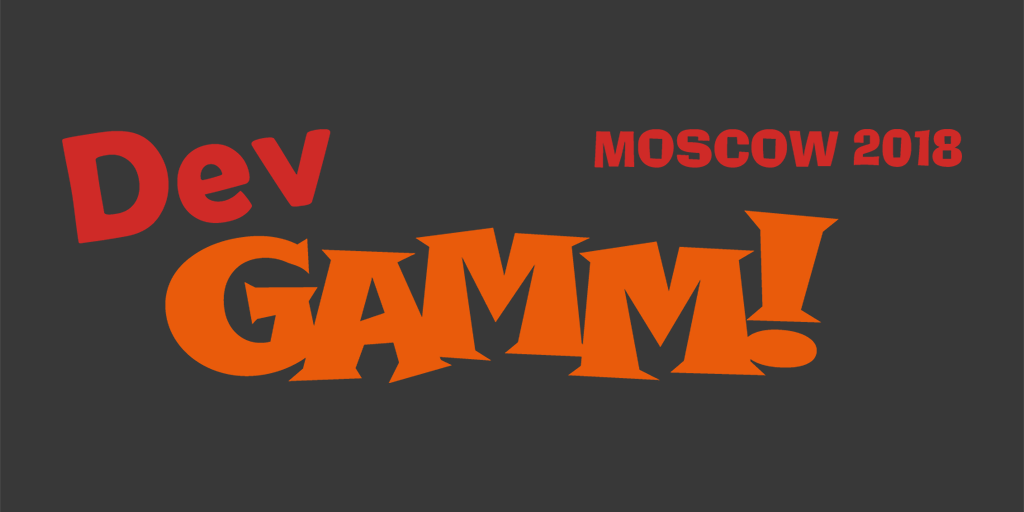
It's time for the long-awaited closed beta test!
We're looking for volunteers who would like to join the test!
Before applying, please read the rules first. By applying, you admit that you have read and accepted these rules.
To apply, please leave a comment below with answers to following questions:
1. Your age;
2. Did you play our games before? If yes, which one?
3. Your PC configuration: OS version, RAM, screen resolution, CP model, graphics card model (including its memory capacity);
4. Do you have any additional knowledge of Egypt history, besides the basics?
5. Your English level. Please let us know are you native or not?
6. Testing experience (if any).
Please keep in mind that the application does not guarantee participation in the test. After approving your application, we'll send each new tester an invitation to a closed Steam group which contains further instructions for the test. So... that's it! We're waiting for your applications!

Dear friends! We did our best to release the game in February. Now February is over and we realized the game is still not ready for demonstration. We believe it's better to spend a bit more time polishing the game instead of releasing a bad product in hurry.
The release is delayed until the end of March with a chance of delay until April. In the meantime, we'll fix bugs, finish localizations, improve the game in order to make sure you'll enjoy it fully after the release. We're doing our best to refine the game.
We apologize unreservedly for making you wait, and we hope for your understanding and support!
Thank you!


Do you want to play our game before the official release?
Are you a German native speaker? Is your English good?
Did you reply "yes" to all three questions?
Join our project on Crowdin and bring happiness to fellow German players who will be able to play Egypt: Old Kingdom in their native language right after release!
https://crowdin.com/project/egypt-old-kingdom/de#

Game localization is a very important, but not the most apparent step in game development. No matter how small your game is, a good translation can increase the number of potential buyers. On the other hand, a not so good translation can scare them off. Our games - Stone Age, Bronze Age, Marble Age, Predynastic Egypt and soon to be released Egypt: Old Kingdom are translated into 13 languages in general. We'll be glad to share our experience and talk about a few unexpected problems we had to deal with during localization.

The original language of our games is Russian, so the first step was to translate it into English. When our team still had only one member and when the first game, Stone Age, was created, there was no choice but to pay for translation. It wasn't the best choice not only because of money but also because translators-outsiders probably would not be aware of what game they are translating. It makes mistranslation possible. Thus, we decided to translate the next game, Marble Age, ourselves. The translation we made knew no proofreading, no editor's eye... well, you can guess how "great" this translation was. We got criticized for it a lot. Nevertheless, the goal was achieved - both games got translated into English. Later both translations were revised and edited by natives.
Now to get the game translated into English is only half a battle. It helps to attract more players among English-speakers, this includes people who speak other languages as well. Thanks to the fact that we put a lot of efforts in making our texts interesting and informative, we soon got many offers of help from people who wanted to translate our games to their languages! Needless to say, we were only happy to accept.
The first volunteer came from Spain, and Marble Age got its Spanish version. Since then our friend from Spain became one of our most supportive volunteers and helped to translate other games as well. Later another volunteer from Turkey appeared. Then another one from Germany. They all had to spend several weeks, helping us to localize our games. But as we all started to work together, we found out that our games are not designed to accommodate translations. These are basic problems we encountered:
1. Correct display of translated texts. Other languages can contain diacritics - special symbols which can be all around the letter, for example sometimes you can see the word "naïve" with two dots instead of one, or like in many French or Spanish words, like "Rêver" or "niño". The most extreme case of this problem, though, is when the new language is not Latin alphabet based, for example, Chinese or Hindi.
2. The screens of our games were designed to fit Russian language sentences. Sometimes when the text got translated into other languages, the length of a sentence changed, and it didn't fit into the screen anymore. Sometimes the translated sentence was too short, it also didn't look pretty.
This is how we shortened English words:
German also didn't look very well:
3. The most difficult problem was about words order. Every language has different sentence structure. For us, it was important because we like to replace some words with symbols for people, food, resources, etc. But in order to construct the correct sentence, all symbols must appear in the right places. During translation, words order was often messed up and we had troubles placing symbols in the right places.
4. Finally, the text files exchange with translators was very inconvenient. For smaller games, like Bronze Age and Marble Age, it was bearable, but it didn't fit for a bigger game.
While working on Bronze Age and Marble Age localization, we were looking for solutions. We uploaded more fonts and language packs, adjusted some settings for encoding. We worked closely with translators, adjusting the length of sentences to fit the limited space on the screen. Later we came upon Crowdin - a platform developed by Ukrainian programmer, which allows developers all over the world translate their applications, programs, games etc. with the help of volunteers. With the help of this platform, we slowly started to upgrade our localization process.
The first problem was solved relatively easy by uploading additional fonts and language packs. When Predynastic Egypt was created, we designed it with the thoughts of future translations. The text space was designed to extend automatically to adjust the text of any length.
Problem no.3 has solved thanks to a new text writing system, the idea of our programmer. We inserted text symbols everywhere where pictures should be inserted. For example, here is a short sentence: "The (number) dynasty came to power" we need to use different numbers. So we replaced it like this: "The {0} dynasty came to power", and this allows translators move the number around to suit the correct word order of their language. Here is the example of code, to give you a clearer idea of what we're talking about:


The process of localization became much more convenient. Bronze Age already got several localizations by the time we uploaded it on Crowdin, and it helped us to improve translations and attract more volunteers for new localizations. Our games gained some popularity and we even got a small community of fans from different countries. Thanks to that we had a chance to start Predynastic Egypt translation early, and the game was released both in Russian and in English. English language translation was supported by a volunteer from the USA, whose input is especially appreciated due to his respectable age. It's nice to know that our game in interesting to many different people.
The translating platform also offers a convenient way to leave comments on suggested translations. Volunteers can always contact us or other translators to ask questions or to check something, and the work goes smooth and interesting.
After Predynastic Egypt was released, another volunteer joined our team. He was from China, and right away he brought with him a whole team of volunteers who started to translate Predynastic Egypt in Chinese! That was a huge luck because it let us sell our games on the Chinese market. As you probably know, Chinese-speaking countries make one of the largest game markets in the world, if not the largest. But it's almost impossible to sell there a game which has no Chinese translation. That's why the help of our Chinese friend was truly invaluable, and he keeps helping us and consulting us about China and Chinese market.
As the game was released, more and more volunteers offered their help. They not only translated Predynastic Egypt but also other games. Eventually, we had our games translated into 13 different languages, including French, Italian, Czech, Polish, Japanese and even Hindi! And this is not the limit, who knows where our future volunteers will come from!
The new game Egypt: Old Kingdom will be fully translated into English before the release, and we have French, Czech, Chinese, Spanish and Turkish translations in progress. Most of the translators are our long-time supporters, who translated previous games as well.
We're doing everything in our power to reward volunteers' input. We provide them all necessary support, issuing certificates for their CV, confirming their work, we share free game keys with them and put their names in subtitles. We'll certainly keep it up and we'll think of new ways to encourage them.
You're welcome to join our new project on Crowdin, especially if you can help us with German, Portuguese (Brasilian), Korean, Polish and Japanese languages.
https://crowdin.com/project/egypt-old-kingdom
And that's the essential information about our localization experience. If you have more questions, please don't hesitate to ask!

When one's recreating the historical reality, battles are just as important as an economic development. Establishment of almost every civilization included some sort of military actions. Some computer games are sometimes more focused on the battles rather than economic development. Depending on developers' priorities and desires games' battle systems can look very different. For some games it's just a simple event, not outstanding at all, but in others, it's almost like a game inside a game, a huge event which requires a lot of actions and efforts from the player, something like what we can see in Total War.
We're making a historical strategy, and we're trying to make it as close to the truth as possible, so it's important for us to balance out every sphere of life in the same way as it was balanced in the Old Kingdom. Ancient Egypt was not a military state, and that's why we decided to let the player focus more on the development of the country rather than military actions.
Our first games had no separate battle mode, and the player got the result of the battle after a few clicks. In Predynastic Egypt we added the battle mode, but all the battles remained blended into the story, only slightly highlighted in comparison to the other events.
Predynastic Egypt battle mode: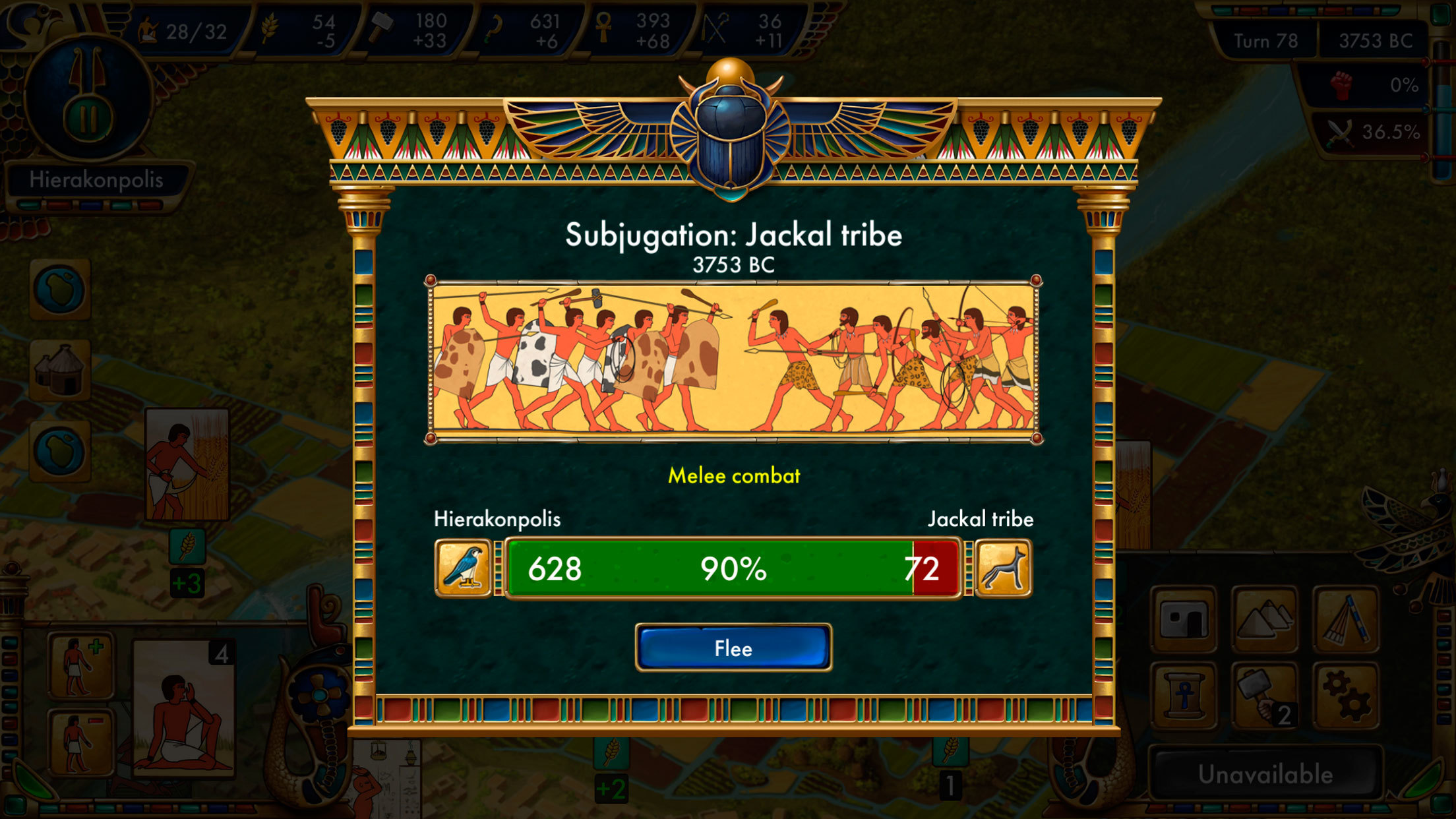
Egypt: Old Kingdom battle mode:
In the Predynastic Egypt conquering hostile tribes took several steps. Preparation took a few turns, then a couple of skirmishes to weaken the enemy, and then the battle royale. Of course, players could go without skirmishes if they were sure they'd win. The process of the battle was demonstrated in a separate window, but a player could not influence it or make any decisions in the battle. The only thing (s)he could do is to retreat from the battleground.
This simple system was sufficient for Predynastic Egypt. But for the new game, Egypt: Old Kingdom, we needed something more elaborate. From the feedback we got from Predynastic Egypt, we also knew the audience requested to improve the battle. Some people even asked us to make something similar to Total War. With all due respect to this game, it was inappropriate for our game to have this kind of a battle mode. Not only because Egypt wasn't a military state, but also because there are not much data available for a detailed reconstruction of battles of the Old Kindom period. All we know is that Egypt had an army that they have had some kind of military actions, but there is no information about the enemies or about battles' dates, times and locations, no information about the number of troops. No information about the results of battles. Without this information, all we could do is to fantasize about what their battles were like, but that is not something we need.
Still, we wanted to improve the battle mode, and the question was - how could we do it? We went through players' suggestions, as well as through our own ideas. We wanted to keep the ease of Predynastic Egypt's battle mode, but add a few features to make it more interesting. In the end, we added a few buttons, which were the result of a painstaking analysis and synthesis. We had to analyze as much of possible battle actions as possible, and then synthesize this information to make a few new buttons for a battle mode. Eventually, we got a system that is deeper and more flexible, than the original one, but at the same time, it's not entirely different.
So, before the battle player's troops are going to the enemy's territory (Egyptians on the left, enemies on the right side):

As soon as the player will choose to fight, the battle preparation will begin. The player will learn basic information about the enemy, and on the screen below we can see the first added button "Risk". What does it mean?
Even at the Old Kingdom period battles started long before the troops stood on the battleground face to face. Scouts were sent to investigate the enemy's troops condition, sabotages, tricks and set-ups were used in order to weaken the enemy's army before the battle. If those actions were effective enough, they could upset the initial power balance and a less powerful, but more cunning army could win the battle. These actions are hidden under the "Risk" button. It does not guarantee the victory, but sometimes it can save the army when the battle is unavoidable, but the army is not strong enough. On the picture below you can see the exact case when the button "Risk" can be used. Without it, the battle most certainly will be lost. The "Risk" button increases the chance of both good events (by 100%) and bad events (by 75%). The battle will become highly unpredictable, but also with a chance of victory.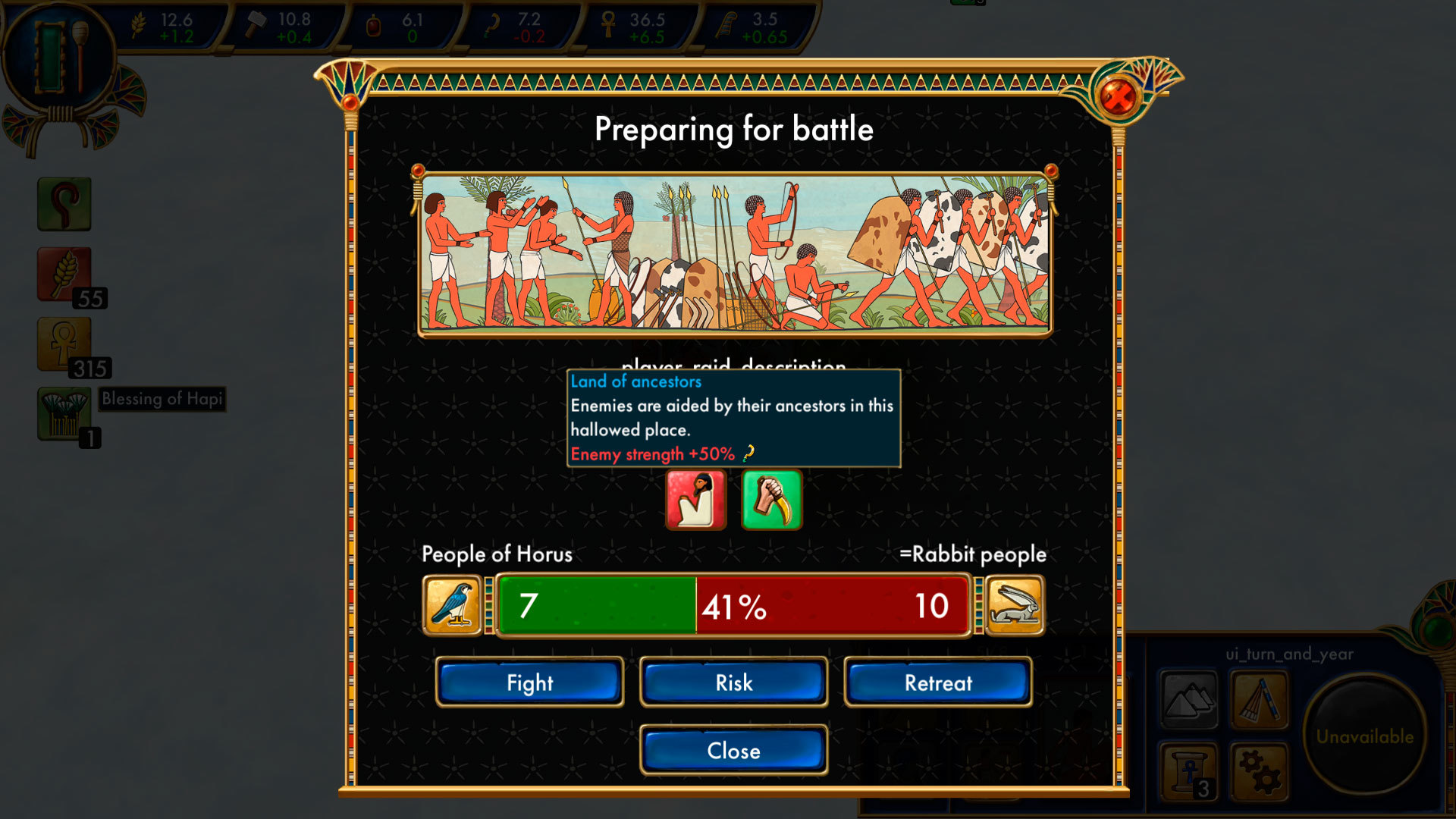
After the player chose his actions - to fight or to risk - here comes the second step of the battle. The battle itself. Here you can see two more buttons which allow the player to select the tactic. He can order the army to attack, and it will increase the damage to the enemy's army. Or he can order to defend, and in this case, the player's army will suffer less damage, but also the chance of bad events will increase.
In Predynastic Egypt, when the battle was over the player could only accept the result without the chance to react somehow. In Egypt: Old Kingdom the player can now choose his actions after the battle. He can exterminate the enemy or to let them go home. The first option will slow down the progress of the enemy's tribe. The second option will improve the relationships with all neighbor tribes/nations.

If the player loses the battle, his enemy can capture his troops. In this case, the player can beg his enemy to release part of them. Regardless the result, it will damage the relationships with the other tribes, and additionally, the enemy may not return the troops. So the begging only effective if the army was big. Otherwise, the player can just accept the defeat and do nothing about the lost troops.
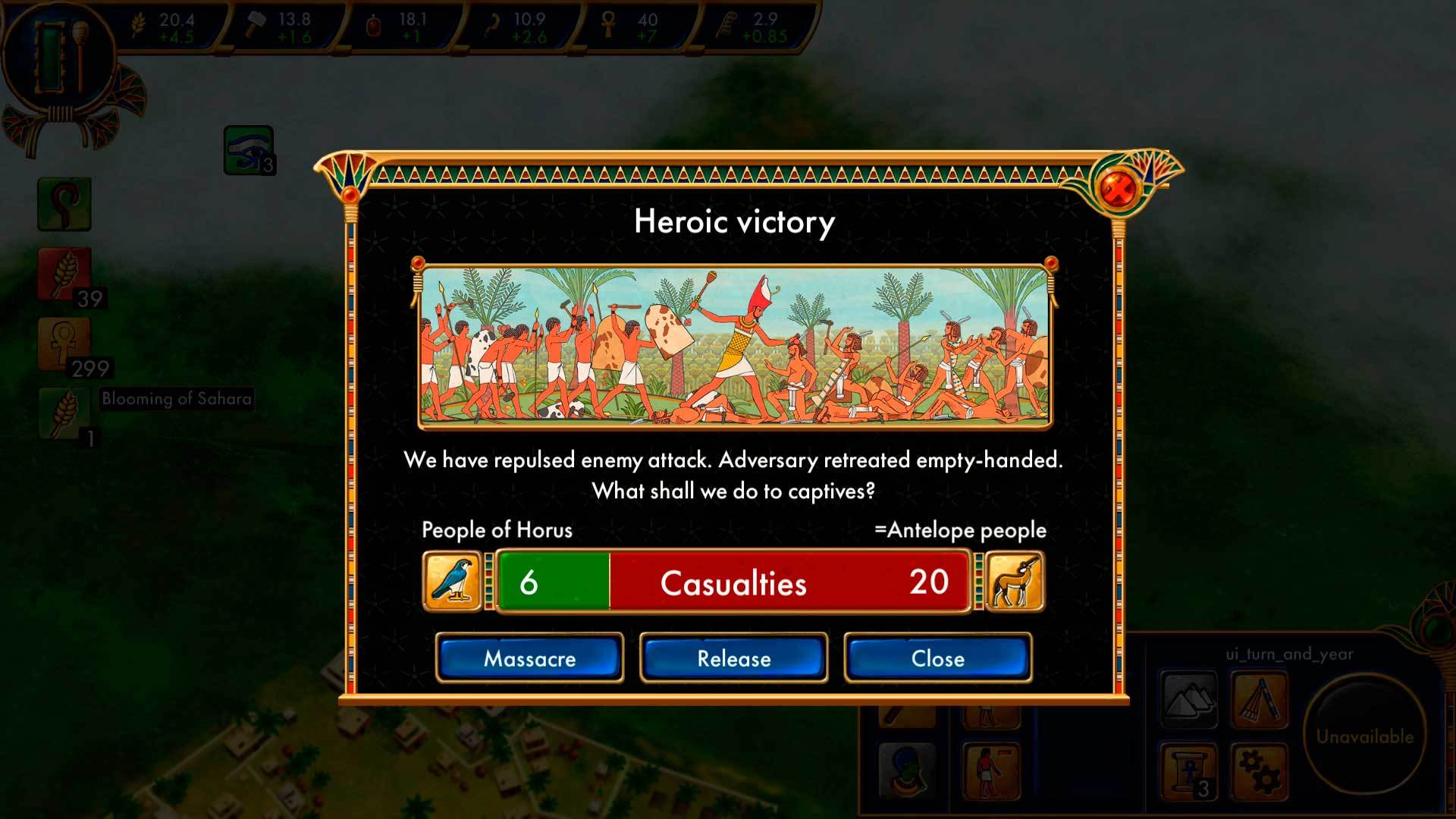
Besides the main battles, the player can also do raids. They have slightly different results. The successful raid will allow the player to enslave the enemy or to desert their lands (to destroy the fertility of the land by mixing it with salt). This will slow down the development of the enemy's tribe. In case if the raid will be failed, player's troops will be enslaved.
Besides the number of troops, a few other factors will influence the results of the battle. These modifiers will randomly be chosen before every battle. There are organization factors and religion factors. For example, successful raid or god's support can help the player. On the other hand, long distance from Memphis to the battleground or god's indifference can weaken the army.
And that's all about basic changes in our new battle mode! Trust me, it will be quite challenging!
How do we program our games.
A note before we start:
This is the last issue of 2017. Huge thank you from all of us for your support! We hope you enjoy our games and diaries. See you next year! Happy New Year!
***
Today's issue is dedicated to all of you who ever wondered how games are made, but never dared to ask. Of course, it's impossible to cover it all in one issue, but I'll try my best to explain some of these basic things which are so familiar to game makers and high-level gamers.
Let's start with the very basic thing: coding (or programming) is a way to make a machine understand what it should do. In order to do that we need programming languages because we have to translate the instruction from human languages to machine code. As computers became more advanced, it became obvious that people often translate a bunch of similar instructions over and over again. In order to make this process faster, some people created so-called "Middleware" - special software which contains a set basic instructions, different for each purpose. For example, creating a computer game. Using special middleware for creating computer games helps to save time because it already contains a set of basic instructions, and a coder can adjust it to his liking to get the final product. It's fair to say that the most part of modern games was created with the help of middleware. Flash-technologies and game engines are also the examples of middleware.
First few games of Clarus Victoria were made with Flash-technologies. According to Wiki:
Adobe Flash is a multimedia software platform used for the production of animations, rich Internet applications, desktop applications, mobile applications, mobile games and embedded web browser video players. Flash displays text, vector graphics and raster graphics to provide animations, video games, and applications.
That means Flash-technologies is a set of tools which allows people to work with graphics, animation, sound, etc. Stone Age, Bronze Age, and Marble Age were created with the help of Flash technologies.Stone Age was the first game in many senses. Its structure wasn't perfect, wasn't built according to common rules of game making. But during the making of Stone Age, the first priority was to work on the main gameplay, which is workers management. Marble Age was more advanced and implemented a programming paradigm which is called Object-oriented programming (OOP). This paradigm helps to structure the information in a certain way, which helps to make the programming process easier. To create Flash-games, we used Animate CC (Flash Pro) and Flash Develop Animate CC is good for working with graphics, but not very suitable for big games. Flash Develop is a software for programming games.
Here is Animate CC interface with Stone Age characters:

And this is Marble Age at the interface of FlashDevelop:

Along with improving games' structure we also were working on improving gameplay. With each newly released game, we relied on player's reviews and opinions in order to understand good and bad sides of it, so that in the next game we could improve good sides and get rid of bad sides. This is our residential approach to making every game, and when we tell you that your opinion is very important, we mean it.
Since the beginning, we didn't have an actual office and were working remotely. Soon it was obvious that Skype is not sufficient anymore and we had to look for another solution. It came in a form of version control system Git. We tried several Web interfaces for it and eventually decided on Source Tree:

Predynastic Egypt at the beginning also was going to be a Flash-game, but when we started to discuss the possibility of game mods, we realized that Flash is not suitable for this idea. In case if someone is not aware what "game mods" is, I'll explain. "Mod" is short for "modification". Mod is an alteration that changes some aspect of a video game, such as how it looks or behaves. Mods may range from small changes and tweaks to complete overhauls and can extend the replay value and interest of the game.(c) Wikipedia Skyrim, Fallout, GTA, The Sims - these games are all good examples of games with mods.
In order to implement mods, it's necessary to separate the core of the game from its logic. Commonly the core of the game is an unchangeable part of the game, while game logic can be modified. Sometimes game core can also be modified with mods, but it wasn't our case. Anyway, we decided to try and implement mods, and this is when we switched from Flash to our first game engine Unity. We created game core on Unity. Game logic was separately written in LUA language. Here is the process of writing a game logic in Lua/Visual Studio Code environment (syntax switched off):

As mentioned before, a game engine is a middleware which helps to develop games. It's a set of programming tools, which helps to deal with graphics, sound, animation etc. just like Flash, but on a much more advanced level. If I try to explain it on a very basic level, which helped me to understand it when I had no idea what is it whatsoever, I'd explain this way. Imagine you need to build a building. No matter what kind of building it is, there will be some basic elements which make building a building - basement, roof, door, windows, etc. Building a game is kind of the same. You also have to have some basic elements - graphics, animation, maps (if any), sound etc. So the engine provides tools to work with those elements. Developers can use these tools to adjust everything as they wish in order to make a new game. There are many different engines, but each of them serves best for making a certain type of games. Some more suitable for RPG, some for action games and so on. Some bigger developers prefer to make their own engines.
Back to Predynastic Egypt and its mods. As some of you know, Predynastic Egypt eventually was released without mods, and that's why. First of all, its historical plot didn't leave much room for any modifications. And second, it would be really difficult to explain to the players how to make mods. That's why, even though we already had the code written, we had to postpone the idea of mods and write the code anew, this time only using Unity. This kind of situations is not rare in the field of game development. Some ideas look brilliant in our imagination, but when we actually play the game, we may find out that it just doesn't look good, and we have to remake everything from the beginning. Game development is just like any other process - you can't expect that everything will be perfect on the first try.
Despite those struggles, switching to Unity was a good decision, because it's a very convenient tool which allows us making games faster and more interesting.

We released the Predynastic Kingdom and then, basing on the feedback, begun to work on Egypt: Old Kingdom. We proceeded to use Unity based on the old code of Predynastic Egypt. Unity made it easier to switch to 3D. Thanks to players' feedback we knew what to work on in order to make a new game better. The main focus was on making the game more replayable, to add more depth and diversity. We had to reconsider and reinvent many events in order to give more freedom to players. In Predynastic Egypt, we had "Global" events which applied to the whole city or a big area. In Egypt: Old Kingdom most events will be "local', applied to each small area separately, and the player will have to deal with them separately. Not only he will be able to appoint the worker in one particular area, he also will be able to choose the task for him.
The whole code is written in C# (both core and logic). Our programmers use MS Visual Studio:

Egypt: Old Kingdom is still work in progress, so we'll be able to talk more about it later and after release.
Pyramids construction

Do you recall when you first found out about pyramids? I think every children encyclopedia has an article about it. That's how I found out about them, among the others 7 world wonders. It's a pity that now we only have one world wonder preserved, but at the same time, it's unbelievable! They are around 4500 years old!
Pyramides is a very important element for Egyptians and for Egyptian history. The format of our game would not let us do this topic a justice, so at first, we didn't plan to delve into it. But when in the Predynastic Kingdom it was possible to just briefly mention the pyramids, without much information, it's a whole another story for the Old Kingdom period. At this time, pyramids were tightly woven in the net of governmental systems; almost every side of Egyptian life was somehow connected to them.
Burial ritual was simple at first. During the predynastic period, it was just a wooden sarcophagus. It was placed in a burial chamber in the earth, chamber's walls were worked up with brick. After a while, people started to make an earthen hill on top of the chamber. Earthen hill gradually became a mastaba - flat-roofed rectangular structure, like a truncated pyramid. Eventually, famous Egyptian architect Imhotep, who was a counselor to the pharaoh Djoser, invented something new. Originally he was just going to build a standard mastaba for the king but ended up building six more mastabas on top of the biggest one. The result was the first pyramid, which became a prototype for all of the following pyramids.

Real Djoser Pyramid, our concept-art, the pyramid in the construction menu, the pyramid on the city map
The higher and complex pyramids got, the more sources they demanded construction, maintenance, and sacrifices. Lion's share of all sources was used for construction. Workshops created an endless amount of art objects only to bury them underground. Egypt sent expeditions to nearby countries when it needed more sources. Pharaohs built at least one pyramid for himself, and some of them built several. For example, Pharaoh Sneferu built at least 12 of them! However, not all of them preserved until now. After Sneferu's pyramids, the most famous Hufu pyramid was built. Then the decentralization slowly began, not allowing pharaohs to collect enough power and sources to build something like majestic Hufu's pyramids, but they still built smaller ones.
In short, the history of pyramids reflects the history of rising and fall of the first Egyptian Kingdom. And since our game is all about this history, the menu of pyramids construction almost made itself.
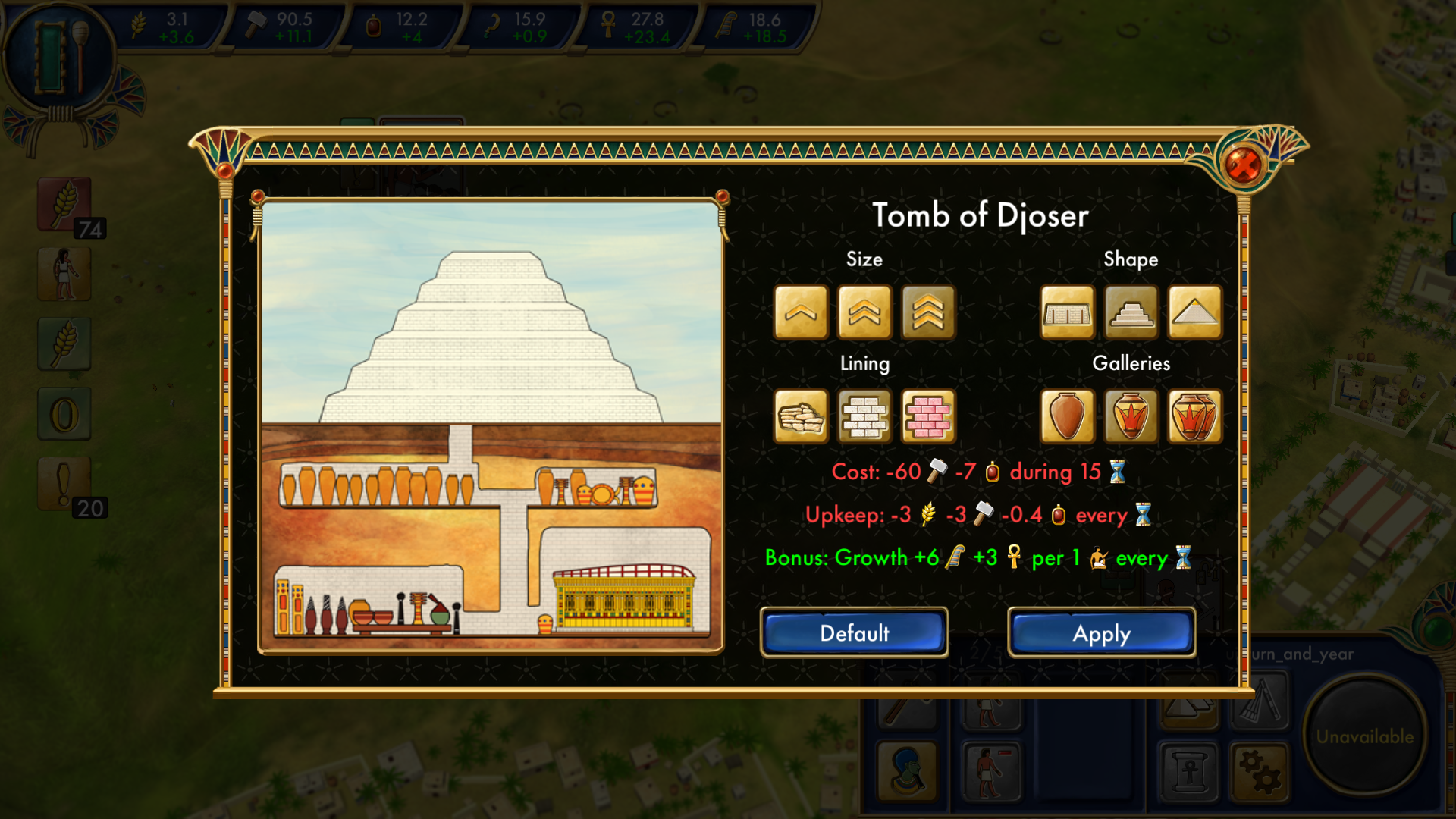
Our menu covers the most basic knowledge necessary for better understanding of Old Kingdom's history. It has four main features: height, shape, finishing and the type and size of a burial chamber. The player will be able to select any combination; the price of construction will change accordingly. At the beginning though not every option will be available. To open them all, the player will have to learn all necessary technologies first.
In some cases, the option of selecting the architect will be available. They will influence the construction basing on their unique professional qualities.
Sometimes during the construction, good or bad events may happen, such as a technological breakthrough, which will boost the bonuses for construction. On the other hand, something bad may happen, such as walls destruction, which will entail higher construction fees.
Construction or pyramids are not an obligatory rule for winning the game. You can try and completely avoid this process, but in this case, it will be really difficult to win the game. As you remember, we mentioned before that pyramids were built to please the gods and ancestors. Without pyramids, many unhappy events will start to happen. But you still can try :)
For Egyptians, pyramids were something like a guarantee of stability and they feared to lose ancestors' protection. Often pyramids were left unfinished - when there were not enough sources or when the pharaoh who started to build them died. Egyptians considered it as a bad omen; it meant the dead pharaoh lost the protection of gods.

Construction of pyramids lasts until the end of the game and generally follows historical events. But the player may also learn all technologies and build all of the pyramids ahead of historical time. In case if technologies will not be learned in time, the player will only be able to build the simplest forms of pyramids.
Despite our original unwillingness to delve into the pyramids construction, we came up with this unexpectedly interesting construction menu. We hope it will help a player to understand how Egyptian society worked. We like this new element of the game and can't wait to hear your thoughts about it.
Construction
After the menu of cults and the discoveries menu, it would be obvious to talk about the menu of construction... but we don't have it. Instead, we decided to make a new construction system, which will comply with the following criteria:
- To be more diverse in comparison to Predynastic Egypt;
- To be historically correct.
As much as we wish to make our games more diverse, we still can't do it at the cost of its historical accuracy. We're trying to keep this balance in every system of the game. New construction system is based on the geography of Memphis area, on several types of buildings and its materials. s we mentioned before in the second issue, Memphis is divided into 51 area. Each area has one of six types of landscape: semi-desert, river, wadi, shore, floodplains, and hills. The type of constructed facility will depend on the type of landscape. It's a simple connection! Because you wouldn't build a house on a floodplain, would you? Or to grow grains in the desert. It's all the same in our system - you can build houses in every area with a suitable landscape. On the screenshot below, you can see buildings are located on a hill, and fields are below on a floodplain.

The process of constructions goes from simple to complex. Egyptians in the game came to a new land, and as they explore it, they constantly meet different obstacles, which can disrupt construction. For example, wild animals, there will be quite a lot of them. The player will have to decide how to deal with them - tame them, pray to them or exterminate them. Each action will have different consequences and bonuses. If there are no wild animals in the area, there can be bushes or swamps, and those need to be exterminated or drained before the construction. On the screenshot below, you can see several icons. Two icons below represent bonuses of the area. The upper row of icons represent tasks available for the player. Tree means fertile lands, cabin - abandoned village, white stones - flints, a useful mineral. At last, a hammer represents improvements which player can do in this area. Here nothing endanger the construction, so we can just go ahead and build whatever we want. Be there lions of crocodiles, we would have to deal with them first; otherwise, our construction workers could be killed.


On the floodplains, you can build a vegetable garden or a pasture. Vegetable gardens can be upgraded to the grain field or a flax field. On the hills, you can build houses. Houses can be upgraded to workshops or barracks. The last level of the upgrade is temples and palaces. Graveyards can be built on the hills or in semi-deserts. In the rest of areas, players can hunt, gather berries or fruits or do a stockbreeding.
Upgrades are available as soon as the player will have all necessary knowledge and sources. By "knowledge», we mean the discovery of certain technologies. While it's not enough, the icon of the upgrade is visible but inactive. By clicking on it the player can find out what else he needs to upgrade the area. The price of the upgrade will rise with each upgrade, besides player will have to keep in mind that there will be maintenance fee for each building. However, not everything is so expensive; bonuses will also rise and sum up with each new upgrade.
Talking about the appearance of the buildings, we have to go back in a virtual history classroom and let you know that there is not much information left about the appearance of Memphis buildings. Unfortunately, it was built on a very unstable land and eventually all the buildings were destroyed or flooded. Memphis in our game is some kind of interpolation. For a reference, we used Hierakonpolis buildings, some buildings from the later historical period and the drawings of Memphis buildings that were found inside of tombs and pyramids. Basing on these things, we made a suggestion about Memphis buildings look, and this is what you will see in the game.

Oh, but what about pyramids, right? We didn't mention anything about pyramids construction! Right. Of course, pyramids are very important. So much that we will make a separate issue about them because we prepared a great surprise for our player regarding pyramids and we really hope you'll like it.
Besides pyramids, we also didn't mention anything about construction on the bigger map, the map of Egypt. Here we also added several new features, enough to make another issue. So please, stay with us and discover more about the game!
How to turn a history into a game?
Today we’ll try to reply the question we’ve been asked a lot: how do you turn a history into a game? The answer is, by deeply researching Egypt’s history.
To think of it, what kind of deep research is necessary for a strategy game, where you don’t exactly recreate everyday life of a citizen? It’s not like we’re making an RPG, right? Right but not quite. For a strategy like ours, historical research is still very important, because it helps to make the game itself deeper and more interesting, while still keeping it historically correct. Let’s get an example.
Talking about the setting. For a strategy choosing a setting is almost equals to choosing a plot of a game, and the plot should be as interesting and diverse as possible. That’s why it’s important to choose a very well-researched place – without it, there will be no way to collect necessary materials. Looking back to Predynastic Egypt, we had to choose between Hierakonpolis and Thinis. Both of them were big and well-developed centers, but Thinis was destroyed too badly by time, there was not enough data about this city. In the case of Egypt: Old Kingdom Memphis was a much easier choice, being a well-known ancient capital with many data available for us.
Possible location of Memphis
After the place is chosen, we start to do a detailed research on it, collecting as many data as possible for a certain period of time (in our case it is Early Dynastic Period and Old Kingdom period). Every little thing is studied thoroughly in order to immerse the player in the game deeper. We learn about kings’ deeds, their authority, did they properly worship gods or not, did they start any wars or not. We study climate, soil, vegetation, natural disasters of that period. We learn about the appearance of ancient Egyptians, their dress, their food, their houses.
Phragment of a historical database:
Sketches of Ancient Egyptians' appearance:
Little by little, we collect some kind of a database about a chosen period. But this database is not yet ready to become a game. First, we bring these data to the scientists from the Center for Egyptian Study, who help us to make the game historically correct. This part of work has its tricky sides because sometimes scientists do not have a consensus about some questions. For example, Memphis original Egyptian name is “Inbu-Hedj”, which translates as “the White Walls”. Regarding this, there is no consensus about what exactly is “the white walls”? Two versions exist 1. it is walls of king’s palace or 2. It is walls of all funeral complexes in Memphis.
Discussion with scientists:

Instead of taking sides and choosing one of these options for the game, we decided to play safe and let the player decide this and many other controversial issues.
Together with scientists, we choose the most important events, and they become the essentials for the game’s plot.

Some of them are easier for gamification, some harder. Let’s take a look at some cases. One of the challenges players is going to have to bear is the challenge of Egypt Unification. It was an extremely important event for Egypt, after the unification, it became stronger, more solid and more developed, which is essential for following pyramid building era. However, the problem is that the player plays for Memphis, which is in Lower Egypt, but Egypt was unified by the king Khasekhemwy, who was the king of the Upper Egypt! So basically the player has to win the game by “losing” to Khasekhemwy. We had to find a way to let the player realize the importance of unification and to accept it as a “winning” strategy. So in the game player will have to fight those who support the separation, and this is how the goal of Egypt Unification can be reached.
Another example? No problem!
One of our goals and our game’s unique points is that we want to make the player fully experience the life of an Ancient Egypt, we want to make a player think like Ancient Egyptians! In order to do that not only we have to know how exactly they were thinking, but also through the gaming process, we had to put the player in the same conditions as Egyptians had.
In short, Ancient Egyptians strongly believed that if they would not worship their ancestors and gods properly, the country would experience all kinds of disasters. This belief was unconscious and unconditional, that’s why they were building all those funeral complexes, made a sacrifice, trying to please their ancestors. Even cities were built only as a way to please gods and ancestors! They were sure, if they will stop properly worship them, the country will be doomed, because ancestors will stop to protect them.
Inside of tomb:
We wanted to nudge the player to build all these pyramids for the same reasons as Egyptians did, and this is how the stat “Like by gods” appeared. This stat is mostly necessary to worship the gods’ cults, and a player can earn it by working in temples and worshipping ancestors. But what really makes a player feel like Egyptians did is the feature of “Like by gods” stat – it degrades by 0,1 every turn. It happens because people are dying; hence, there are more and more ancestors that must be worshipped. If a player will not pay attention to this stat and it will degrade too much, more and more disasters will start to happen, such as fires, earthquakes, droughts, etc. If will greatly influence the economy and the result of the game.
That’s it for now. If you like this issue and want to know more about historical part of our work, please let us know in the comments! We have a lot more to tell!
We're happy to greet you in the new community for the Egypt Old Kingdom!
From now on here we will post our news, Dev Diaries and other interesting stuff, so we encourage everybody to follow us and add the game to your wishlist!
As you can see, we have already uploaded the old issues on Steam. It's available in Russian, English, and Chinese. We would really appreciate and encourage the translation to other languages as well. Please let us know if you're up to translating the Diary to your language, and we'll upload the text to Crowdin. No pressure though :) Only free will. Thank you and enjoy your time in our community!
Discoveries menu
Now, let's continue to talk about game menus. Same as in Predynastic Egypt it's called "Discoveries", but this time it will include more than just technological breakthroughs.

Before and during the construction of pyramids Egypt developed very actively, and people made a lot of new discoveries. But starting from the III dynasty the pace of development slowed down so much that during next 400 years or so there were almost no changes at all. For our game, it meant we need to find a filling for about hundreds of turns. On the other hand, there were a lot of important things happening in different spheres of Egypt. For example, Pharaoh, how always considered to be a god and couldn't be seen by mere mortals, becomes a public figure. For Egyptians, it was an extraordinary event! Or another example, in the sphere of religion a new concept of souls multiplicity was born. These and others processes were as important as technological discoveries, so we decided to unify them in one menu. There are some more examples of technologies and discoveries from the new menu:
Traditional technologies:
Marine expeditions
Glass treatment technology
New discoveries:
Pharaoh publicity
Concept of souls multiplicity
The most difficult part of the menu development was to sort out all event from game designers' database. They had to be divided into three groups: challenges, game events and finally discoveries. Each group had to contain comparable events, so that, for example, a creation of writing wouldn't be compared to some less significant event. As a result, we selected 69 discoveries, and almost all of them already complete, except the last three. This number of discoveries allowed us to perfectly spread them from the beginning to the end of the game. After the selection was over, next step is to create a description of the discovery and then to draw an art. And when it's done, it's time to define the bonuses for each discovery.
Concerning the appearance of the menu, we decided to use the same concept as it was in Predynastic Egypt because everybody seems to like it and we got many positive reviews about it. All of the discoveries are presented as a long strip divided into three rows. In Predynastic Egypt, we used papyrus as the background, as if all of the events from the menu were just a long list of Ancient Egyptians deeds. This time we decided to change the background. Memphis was a big settlement, so now all characters from the pictures are living in houses and working in workshops.


Each little picture should clearly represent the essence of discovery, and this task wasn't simple. We even had to refuse a few ideas, simply because we couldn't get the image right. In other cases, the images our artist created didn't fit the historical truth and he had to change it. This happened with the "taming of cats" discovery. As the most of us do, the artist imagined ancient Egyptian cats to be no different from the modern cats so he drew the First Version of the picture. After consulting the scientists we found out that ancient cats were still half-wild animals who only lived near humans because they found it convenient for themselves. So the Second Version of the picture present cats in the right way.
Taming of cats:
Ver.1 
Ver.2 (historical)
On the opposite, people on our pictures are drawn in the historically accurate way, when even the size of a pictured person matters - the bigger this person pictured, the higher position in the society it has. So from our pictures, it'll be easy to understand, who is who.
The new menu has one more new feature. The first three discoveries are already made for the player by default. These discoveries are "Tribe", "Permanent Settlements" and "Agriculture". We decided upon it because we wanted to let the player better understand the situation at the beginning of the game.
In general, don't you think that discovery menu resembles a comic a bit? Our artist worked hard to picture various situations and characters with vivid mimic. How about we play a game? I'll give you a few images, and you try to guess which discovery they represent? They will not be the most obvious, but also not the most difficult. Let's try! Write your suggestions in the comments! Those who already know the answer, please let others guess! ;)


Cults
In the previous issue, we were talking about the difficulty of turning historical events into a game. But back then we purposely avoided talking about religions, because there is enough information to create a separate issue. Here we go!
In the Egypt Old Kingdom, we will present a new cults menu with 12 Egyptian deities: Horus, Seth, Hapi, Sokar, Ptah, Bastet, Seshat, Neith, Hathor, Ra, Thoth, and Osiris (see the picture below). They are divided into two equal groups: worshipping the first group of gods will supplies player with some quick bonuses for a short period, and worshipping the second groups will instead provide a steady growth of all stats. From the start of the game, only 3 gods will be available for worshipping: Horus, Seth, and Hapi. The rest of them will gradually appear later, after discovering the new technologies or after certain historical events.
It took only a few minutes to describe, but the actual R&D (so to speak) process tool quite a lot of time and efforts. The problem was to choose those gods, who were mostly worshipped in Memphis during the Old Kingdom period and then determine their functions in the game so that we could adjust the balance.
Existing historical sources gives us some idea about Egyptian gods, but at the same time, there are lots of spaces which don't let us to exactly determine the relationships between some gods, their functions, their position. Besides their functions often overlapped. Most gods had several forms and names, acted illogically, could be good and bad at the same time... to put it short, were quite unpredictable and complex. Some gods were more popular in certain areas, some less... One example will explain it better than tons of explanations. We had to choose between Bastet and Sekhmet, who were often identified as each other. But it's not until the New Kingdom that their images will finally gain more difference: Bastet will become a kind cat-goddess of home and hearth, and Sekhmet will stay a fierce lioness, exterminator of king's enemies. During the Old Kingdom, period cats were not associated with home yet, they were half-wild, and Bastet was also pictured with the lioness' head and was considered to be the "light" side of Sekhmet. In order to avoid unnecessary complexity, we decided to feature Bastet in the cults menu and to give the player a chance to "tame" wayward goddess from time to time. Worshipping this goddess will lower a number of disasters cast by the evil Seth.
Sekhmet:
Bastet as a lioness:
There are some other gods whos complexity made it difficult for us to define their place and functions. Sokar, for example. He's a patron god of Memphis' necropolis, and also had other functions, he was a very important deity for Memphis. But due to his diversity, it was difficult to fully reflect his nature in the game, so we had to limit his abilities in order to adjust the balance of cults menu. Worshipping Sokar will give the player +0.2 points of "Loved by gods" stat per each turn.
Here we will also speak a word or two about the rest of the gods from the menu so that their names would not sound completely meaningless :)
Worshipping cults not only will help the player to engage in the world of the Ancient Egypt and to realize the meaning of the religion in their lives, but also will make the game more diverse. Depending on the strategy, the gamer can choose to worship the gods with quick bonuses, in order to swiftly solve problems. On the other hands, if the player prefers a stable and sure growth, he might prefer to worship the gods who give long-term bonuses. In this case, he will have a steady growth of all stats regardless the circumstances.
Besides the direct worshipping of gods, there will also be a possibility to choose one patron god of Memphis. This function is available at the beginning of the game in the prologue menu. The player can choose among three gods: Horus, Seth, and Ptah (this would be the historical choice). This choice will greatly influence the style of a game - each god has his own tasks and bonuses.
Horus:
Ptah:
Seth:
Choosing Ptah, the player will be able to speed up the construction of buildings. Horus will enable the player to swiftly mobilize the army to keep the country safe. Seth will show the player all treasures hidden in the dunes. Each god, being the patron of Memphis, also has his own unique features and options. Imagine, there is a caravan of merchants came to your city. They are hoping for good deals, but poor merchants have no idea that god Seth is the patron of your city, so over next few days they find their merchandise is stolen and you have no shame for doing so Bwahaha! >:] So if you choose Seth as the patron, you'll get the chance to rob merchants or even curse people, but we'll hold more cards close for now! (wink) But honestly, I can't wait to play for Seth! Maybe it has something to do with me watching Thor: Ragnarok a couple days ago and falling hopelessly in love with Loki yet another time XD But I guess I can summon some patience and wait till the first playable version which should be out soon for a beta-test!
Gameplay
When the thoughts of a game about Ancient Egypt started to form, it's not immediately that we knew it will be just a single game or a series. We had a lot of ideas, but when we started to work on Predynastic Egypt, it became more and more clear we will not be able to realize all of our plans in just one game. That's how we knew it will be a series of games, each game about its own historical period.
The idea was not just to make another historical strategy, but to make the player feel the reality of that time, let him experience first-hand how did this ancient civilization work.
Predynastic Egypt was the first step on the way to fulfilling this idea, and the "Egypt: Old Kingdom" will continue to develop this idea, being the result of two years long work on this series. Today we're presenting to your judgment Egypt: Old Kingdom's gameplay.
The idea of workers cards received a good feedback from Predynastic Egypt Players, so we decided to keep it this way and enhance the system. As before, the player will be interacting with the map via workers cards, by placing it to any selected area. If the selected area is still uncovered, a worker will become a scout and will begin exploration of this area. It may last from 1 turn to 40-60 turns near the end of the game!


As soon as the area is uncovered, scout goes back to the worker cards deck. The player can return him back again as a worker when the knowledge of the new area becomes available after exploration. Every new area has its own features. Depending on what was found in the area, the player can give worker different tasks. For example, in case if papyrus was found, the worker can be appointed to pick up the papyrus gradually, receiving a stable growth of the resource, or he can be appointed to exterminate all of the papyrus at once. In this case, the player will at once get some bigger amount of this resource.
gif (temporarily unavailable)
Another example: the map can reveal several kinds of animals, let's take antelope for our example. When antelope is revealed, it might be friendly or unfriendly toward people, and depending on this player will have to decide the method of interaction with them and give a certain task: tame them, pray to them or exterminate them. Extermination will give the player one-time increase of food (in case of antelopes), praying to animals will help to improve the relationships with them, which eventually will allow the player to tame them. Tamed animals can earn resources to the player, as usual, but they also will give some culture bonus, same as from praying to gods.
gif (temporarily unavailable)
The same way the player will discover about 20 more different effects, which should make map revealing much more interesting.
In the city, there will be other functions available. By placing the worker card in the city region, the player will be able to know more about this region - what kind of buildings are there, how much resources it consumes and provides, etc. Besides, depending on what kind of technologies were researched at the moment, a worker can be assigned a task to build several types of buildings. On a side note, it's interesting to know that one worker card represents about 250 people - not only workers but also their families, elderly people, and children.
Besides described above effects, there are occasional tasks, such as plagues, fires, great personalities. They also have different ways of handling.

All of the cards are animated. We adopted skeletal animation. It made movements smoother, and characters on the cards are now more diverse, with different hairstyles and clothes. Almost every character has a background which explains his/her appearance. Here is a comparison of our old animation from the Predynastic Egypt and the new one from the Old Kingdom game.


Altogether new features made every turn last longer. In the Predynastic Egypt the player made 2-3, max 4 actions per turn, but in the Egypt: Old Kingdom it's possible to make up to 10-12 actions per turn.
Introduction
Here comes the day of the first issue of the Developers Dairies! The dairy will tell a story about the development of Egypt: Old Kingdom, and in the first issue, we will talk about the first stage of production, about the plot, and how Egypt: Old Kingdom did not become an RPG.
By the beginning of the development process, we already had a decent amount of groundwork. It came from our previous experience and ideas, which wasn’t used in the Predynastic Egypt, and also from the feedback we got from the users who played the game after it was released on 10th of October 2016.
Somewhere around the end of 2016, our artists Maxim and Ivan started to work on the visual part of the new game. Both of them were looking for references for new concept arts and new maps of the city of Memphis. During the Old Kingdom period, Egypt looked like a partly deserted savannah, so the best place for a reference in the modern world became the nature of the South Sudan. Natural conditions of this country are similar to the nature of Nile’s floodplain before it was inhabited and exploited by the first settlers.
Flying over South Sudan
Gradually the rest of our team members started to switch from the Predynastic Egypt to the new game, and around January 2017, we had the first concept of the Egypt: Old Kingdom. According to this concept, Egypt: Old Kingdom was going to be an RPG. The player would have to play the role of an Egyptian who had his own family, property, title and a certain position in the ancient society. This type of game required a lot of research in order to recreate the world of Egypt, its day-by-day life, surrounding, houses, things they used, places they visited, etc. Soon enough we realized that such research is much more time and money consuming than we could accept, so the idea of RPG was delayed and instead we decided it would be better to make a good interesting strategy about the Old Kingdom.
The plot of the game covers the history of Egypt from 3500 till 2150 years B.C. and will be situated in Memphis, the ancient center of Egypt. The player will have to go all the way from the foundation of Memphis until its decay in 340 turns, meanwhile forming the domestic and foreign policy of Egypt, dealing with natural and man-made disasters and eventually fulfilling the most exciting task of building the greatest structures of all time – pyramids. The final task would be to keep the reign of kings of VIII dynasty as long as possible. Regardless the result, the player will be able to continue to play the game endlessly.
The new game is planned to be much better than the previous one: improved graphic, renewed interface and new ways of interaction with the world of Egypt. At last, here is a little hint about the release time – new game approximately will be released in November or December of 2017.
In the following issues of development diary, we’ll continue to introduce you the world of the Egypt: Old Kingdom and next time we’ll talk about the graphics and new maps more thoroughly. Feel free to ask us any question in the comments below; we’ll try our best to reply to you there or make a whole new issue based on your questions!
Maps and graphics
As promised, in this issue we will talk about the graphics and maps.
The main goal of maps creating process was to recreate the city of Memphis and the nature of Nile region as close to the historical truth as possible. Originally we planned to implement 2D graphics, same as for Egypt-1. The main reason for this choice was the fact that neither of our artists had experience in 3D. After finishing work on the Egypt-1, both of them begun to work on the maps for the Egypt-2, and originally the project looked somehow like this:
The map should have been randomly composed out of these tiles, limited by a certain region border. But this composing process later revealed some mistakes which had a negative impact on the visuals of the game. For example, it was impossible to make a seamless alignment of the fields - in some place, a field could end up composed out of two unequal parts: half linen, half grains. And this is why one of our artists, named Max, came up with the idea of finding a 3D artist and try to make a 3D map. This idea was met with enthusiasm, except a little notice from the rest of the team: "Why would we look for another artist when we have you, Max?" And this is how Max had no choice but to start learning 3D graphics. This is one of the first attempts to draw a map:
But working hard and constantly refining their skills out artists are progressively improving the appearance of the city. This is another intermediate version:
Our artists, as well as the rest of the team, hope 3D maps will possess the same warm and cozy atmosphere as a 2D world. They experiment a lot with the textures and lighting, and in our future issues, we promise to show you the result of their work - finalized views of Memphis and other locations.
Located on the green shores of Nile, Memphis will be divided into 51 regions. Each region will possess different types of landscape and vegetation, and also will be inhabited by different animal species. Those animals will not just be there for fun, they will actively influence the daily life of the citizens. Depending on the game complexity level, chosen by the gamer, regions will also have different starter effects, such as food and sources. The development of the city will be done by regions, and players will be able to select the location of every region. The choice is limited only by one rule: new region cannot be built away from the previous buildings.
On the second map - the map of the whole Egypt, Memphis will only be a small dot, not even a region. This map will be divided into 60 regions or so. Exploration principle is basically the same as in the Predynastic Egypt, with a few new features. Exploration will start from one of 5 randomly selected regions and can be carried out in every direction. Besides, the first region and one random region will be explored for the player for free.
Is there anything else you would like to know about maps and graphics? Please don't hesitate to ask in the comments section. We really want to share with you the process of creating the game, the only problem is sometimes it's hard to select which aspect would be the most interesting. See you in the next issue!
Minimum Setup
- Processor: Intel Core 2 Duo 1.8 Ghz or AMD Athlon X2 64 2.0 GhzMemory: 4 GB RAM
- Memory: 4 GB RAM
- Graphics: 1024768. 1 GB VRAM
- Storage: 2 GB available space
Recommended Setup
- Processor: Intel i5 or AMD analoguesMemory: 8 GB RAM
- Graphics: 19201080. 2 GB VRAM
- Storage: 2 GB available space
[ 6365 ]
[ 6402 ]
[ 3185 ]
[ 2507 ]
[ 1655 ]
[ 1040 ]
[ 32822 ]
[ 882 ]
[ 45587 ]
[ 6040 ]

